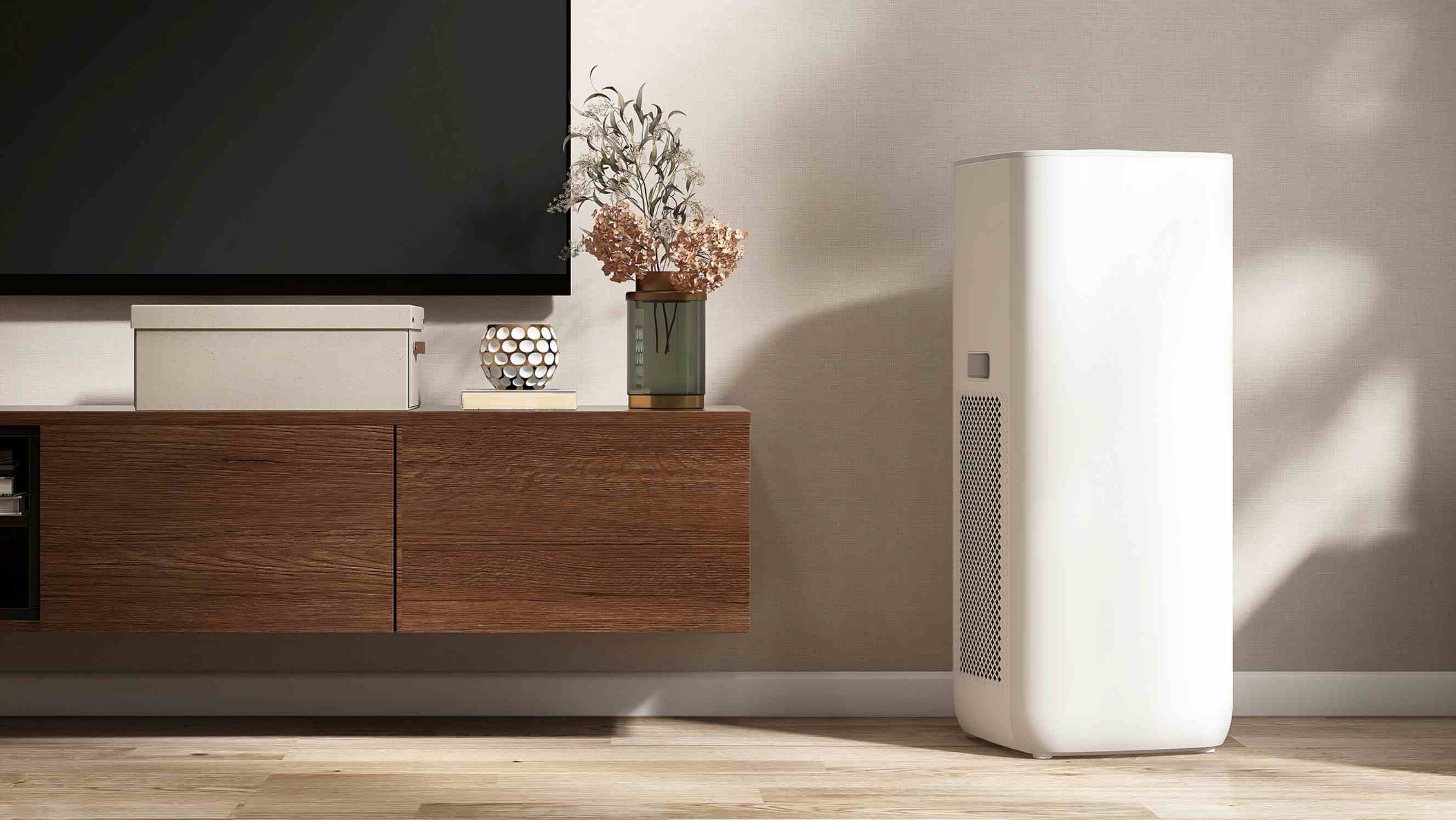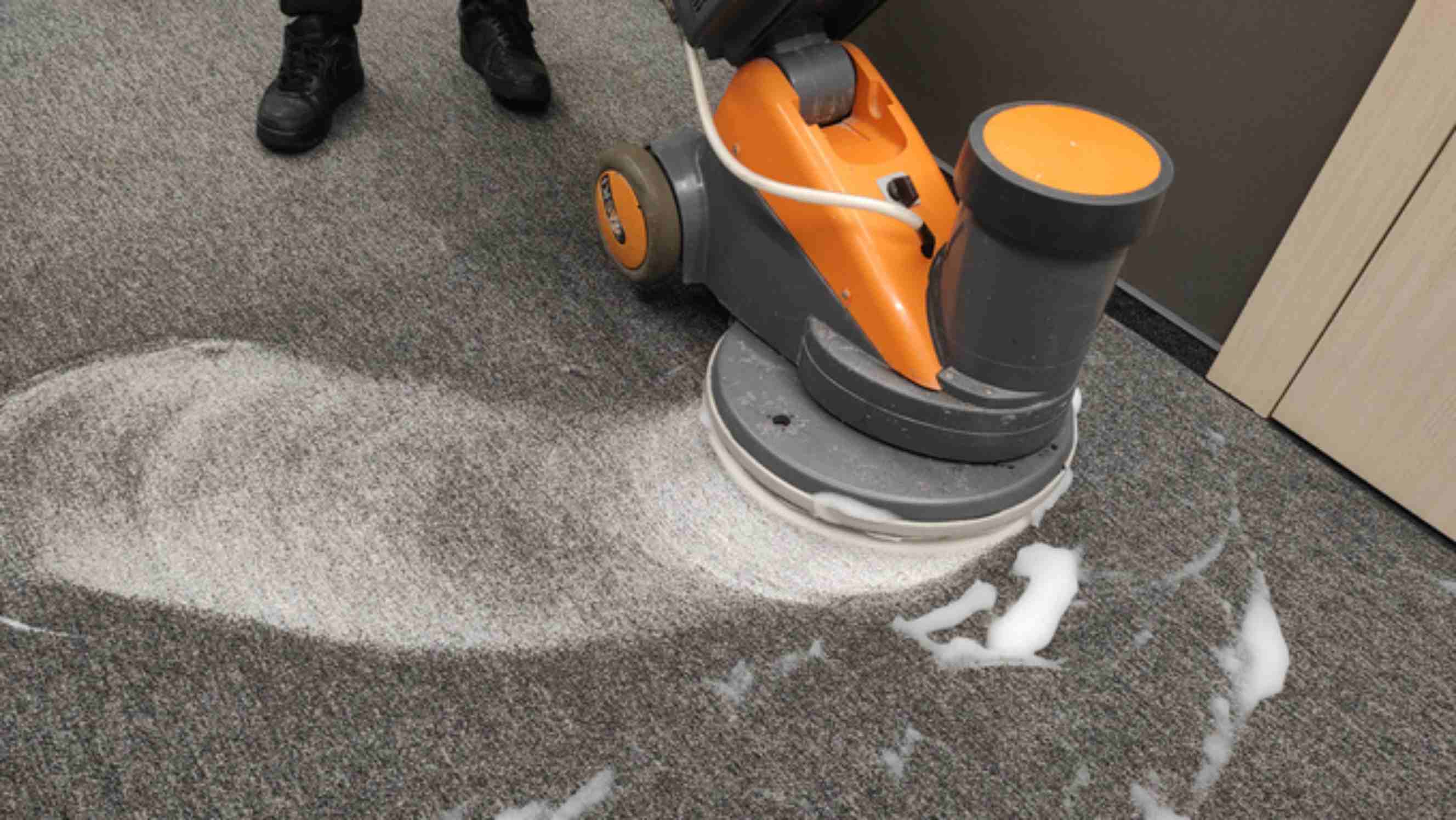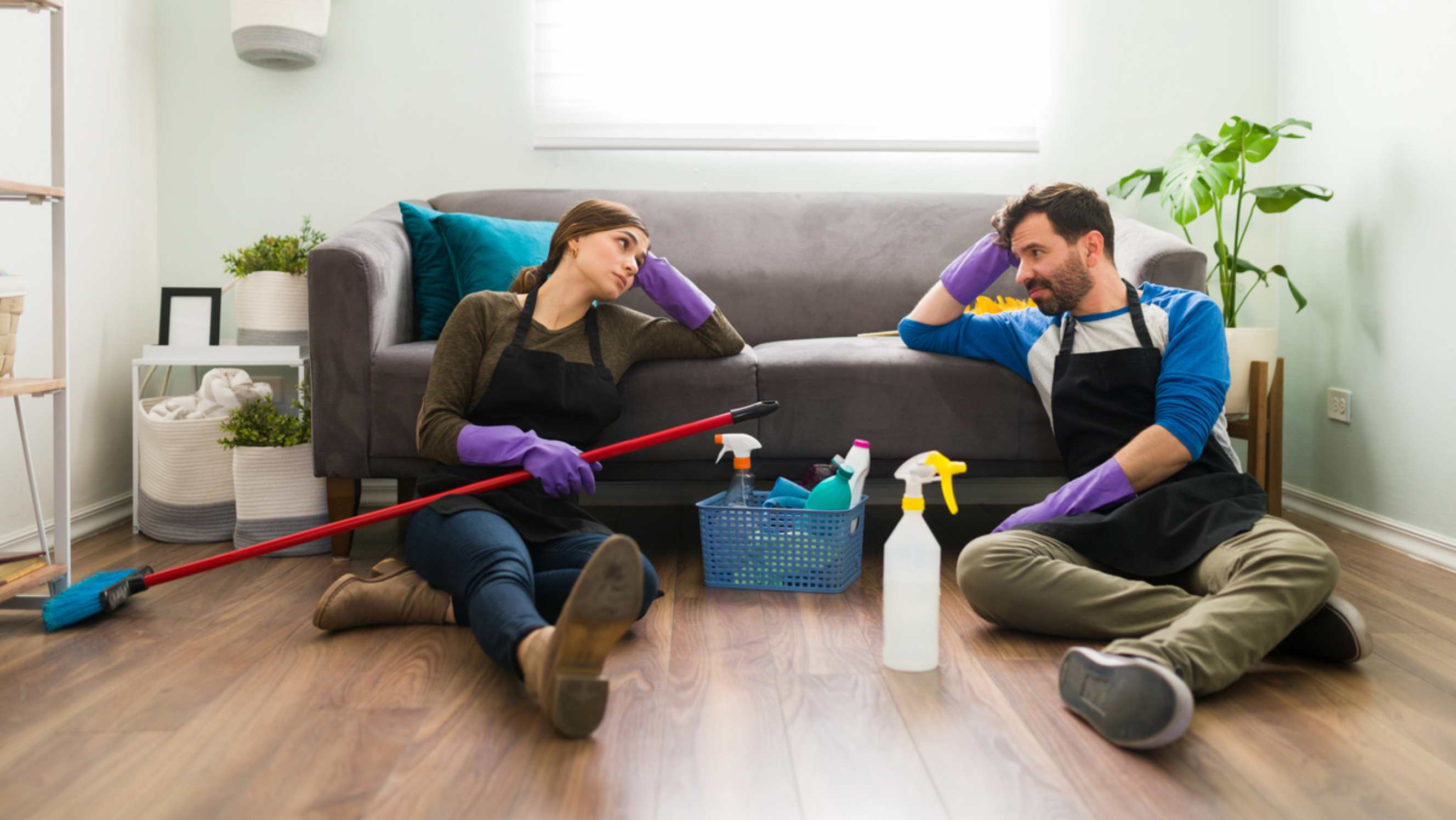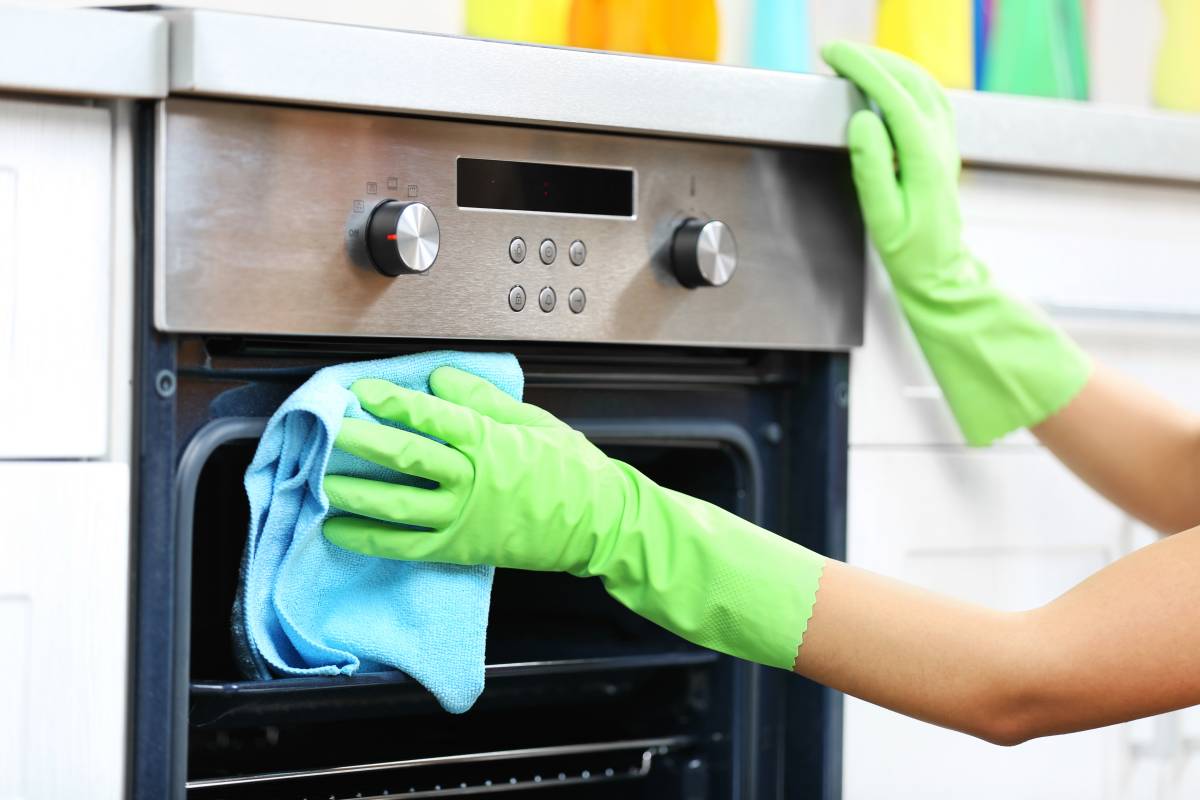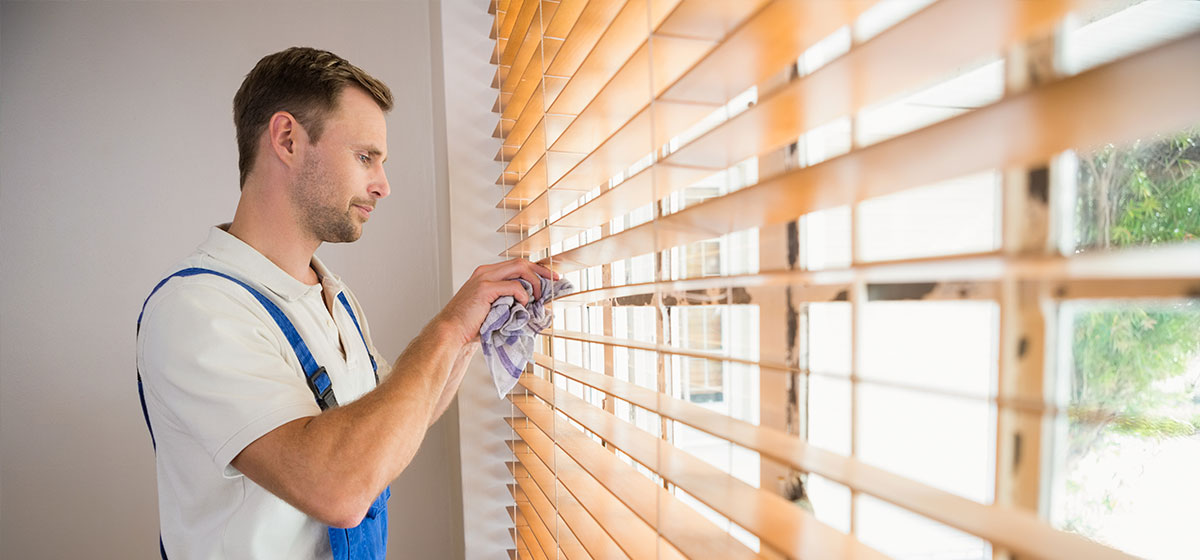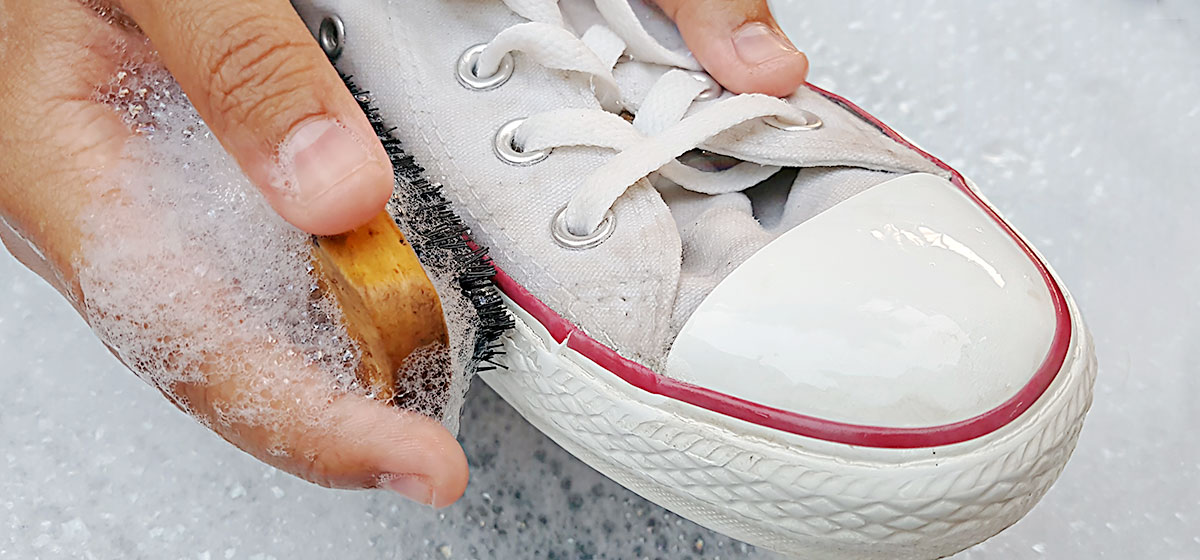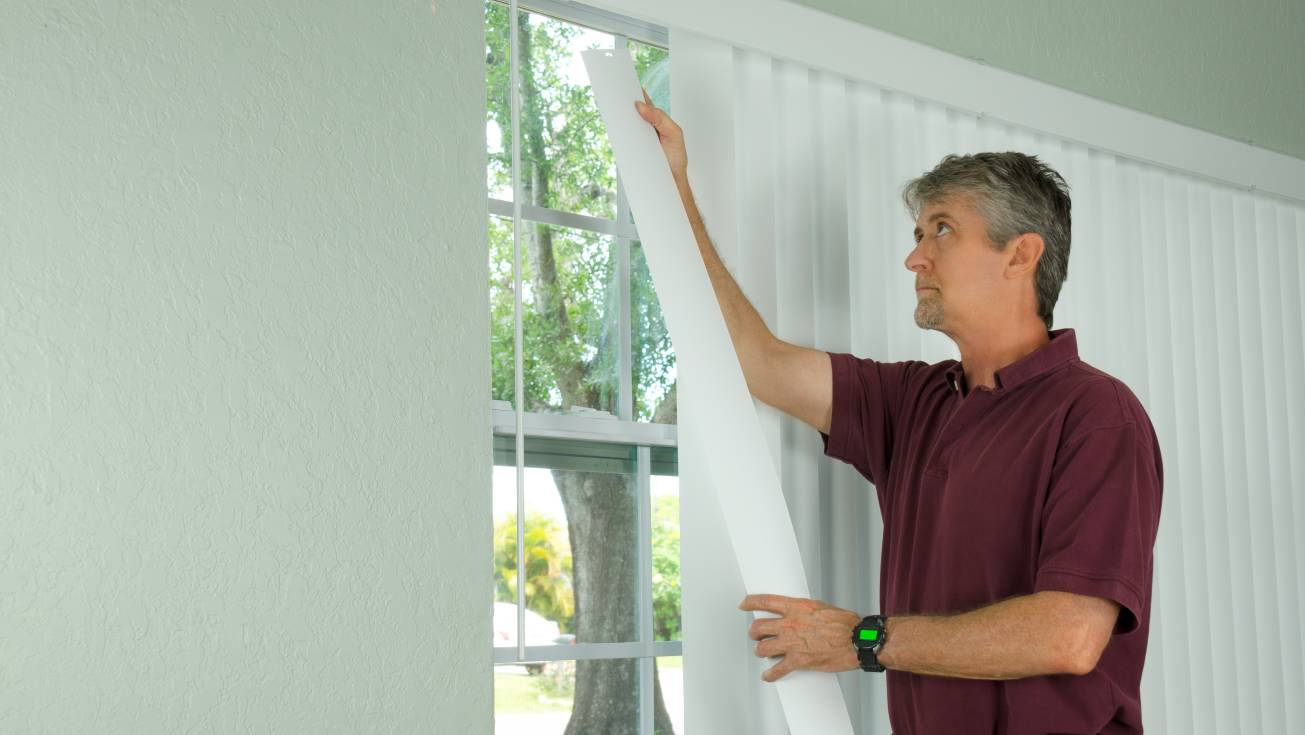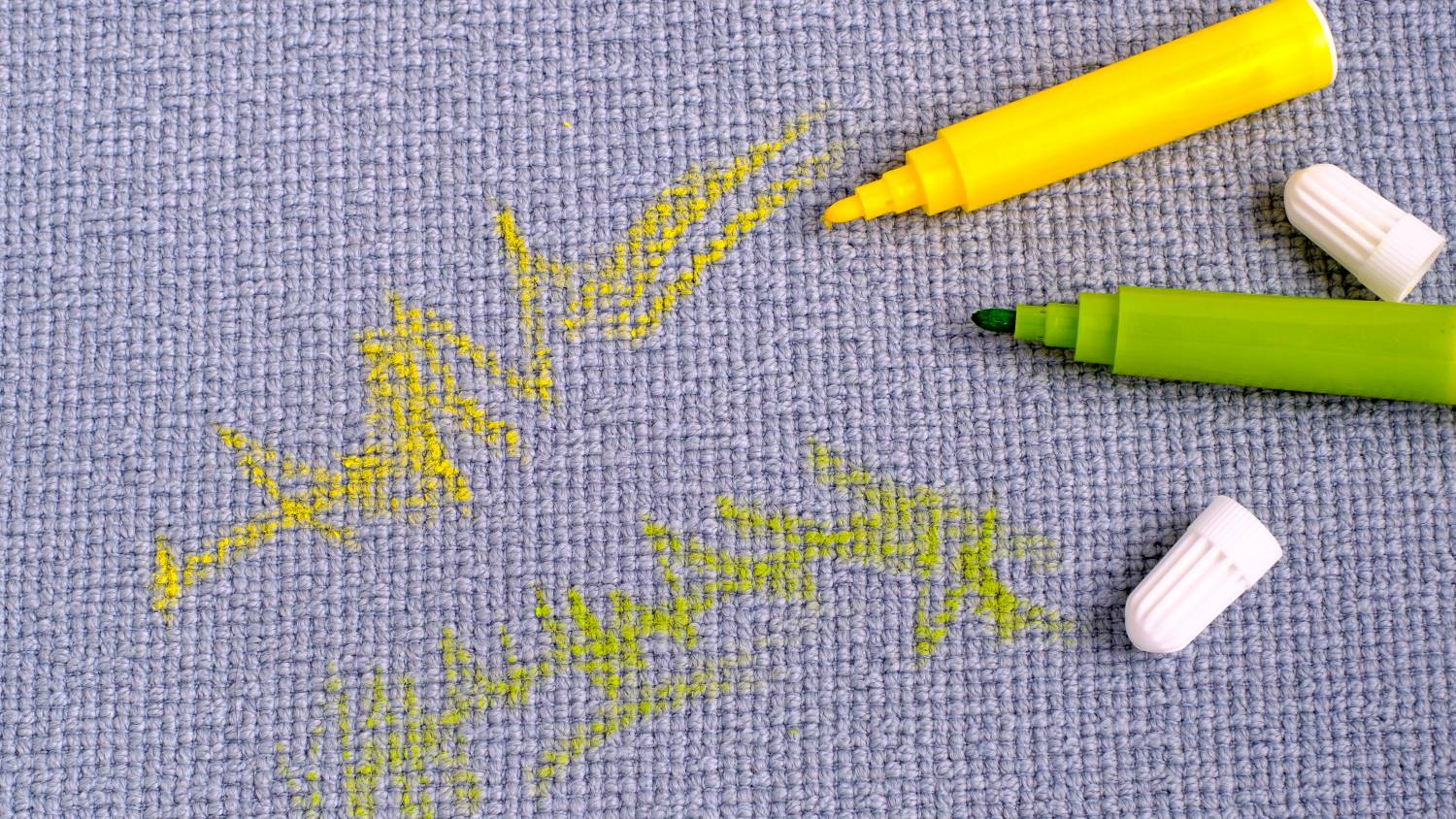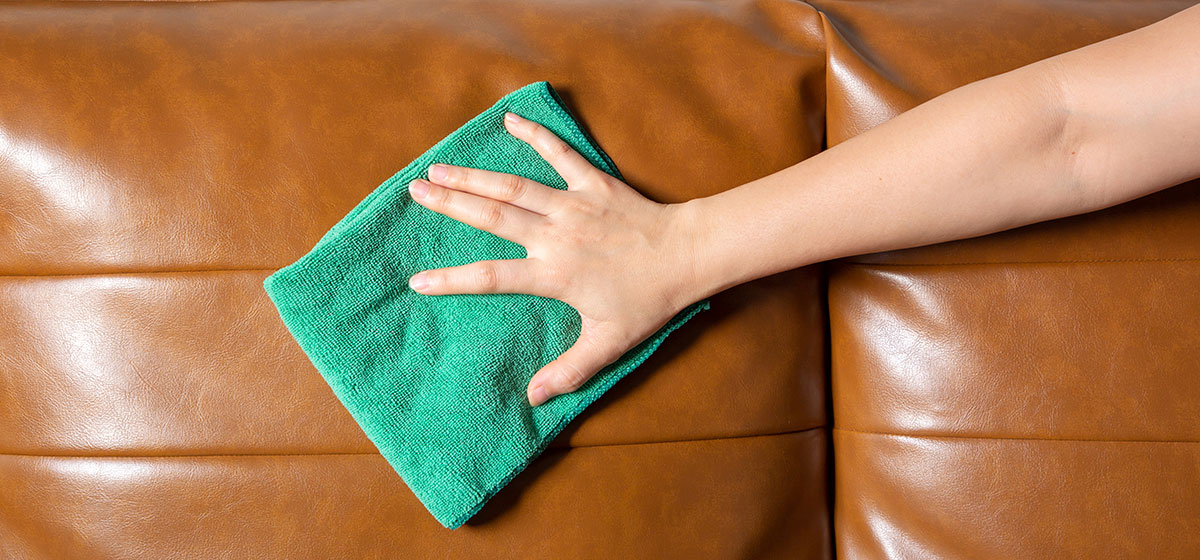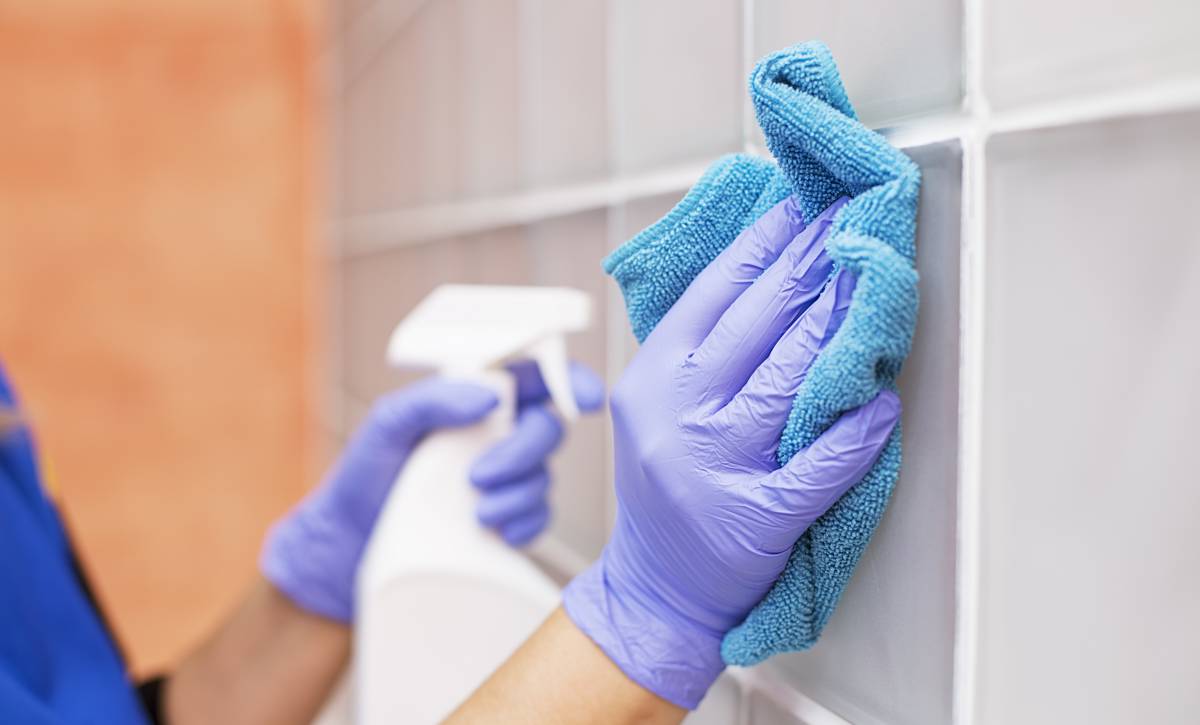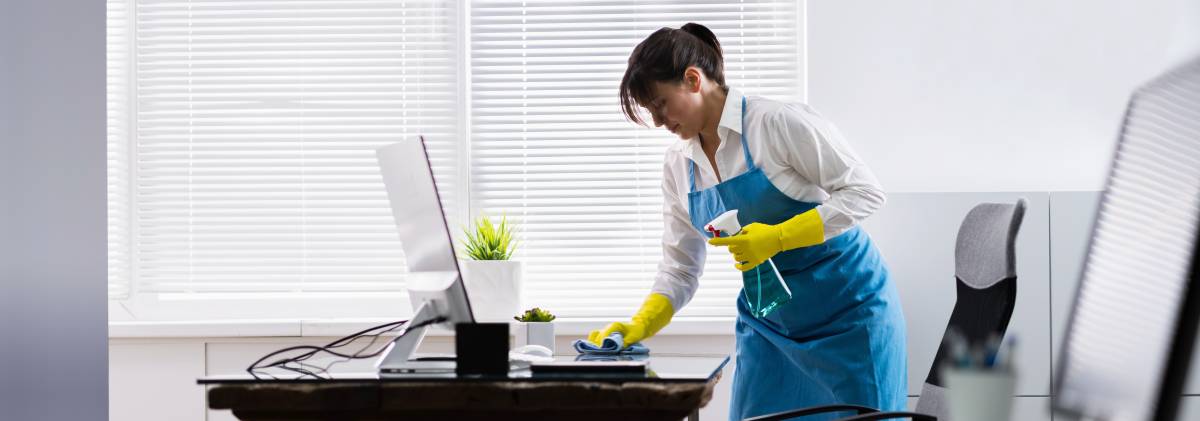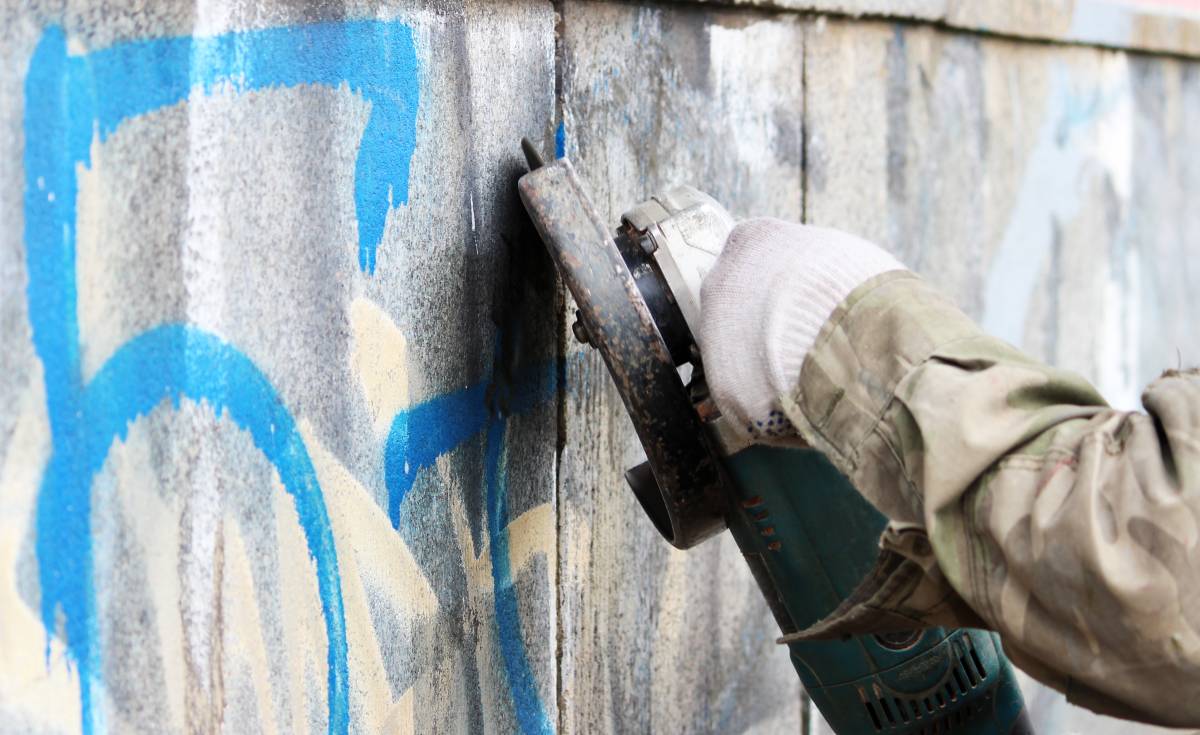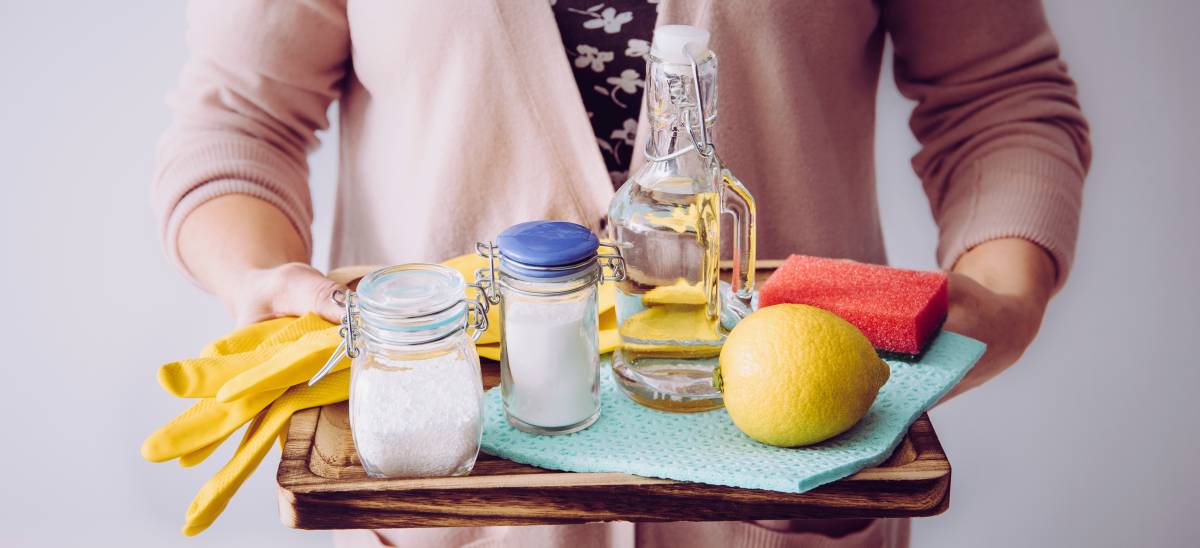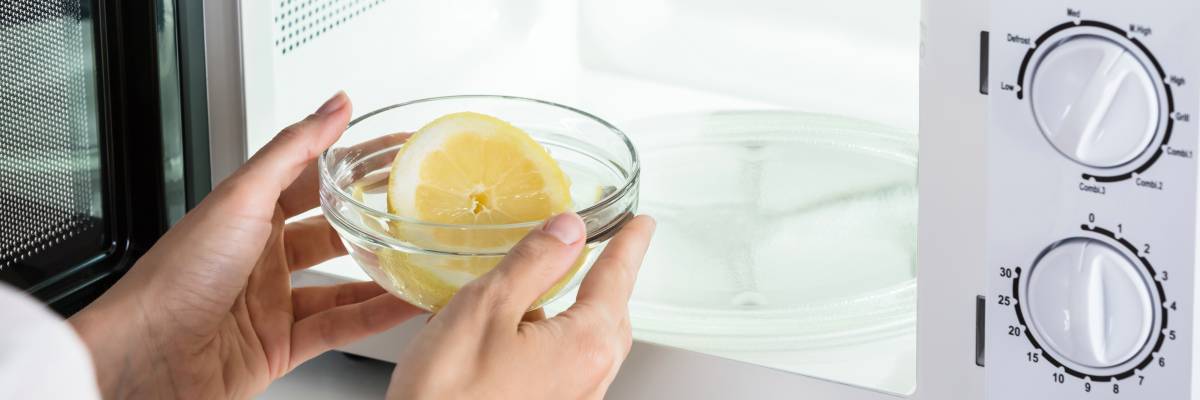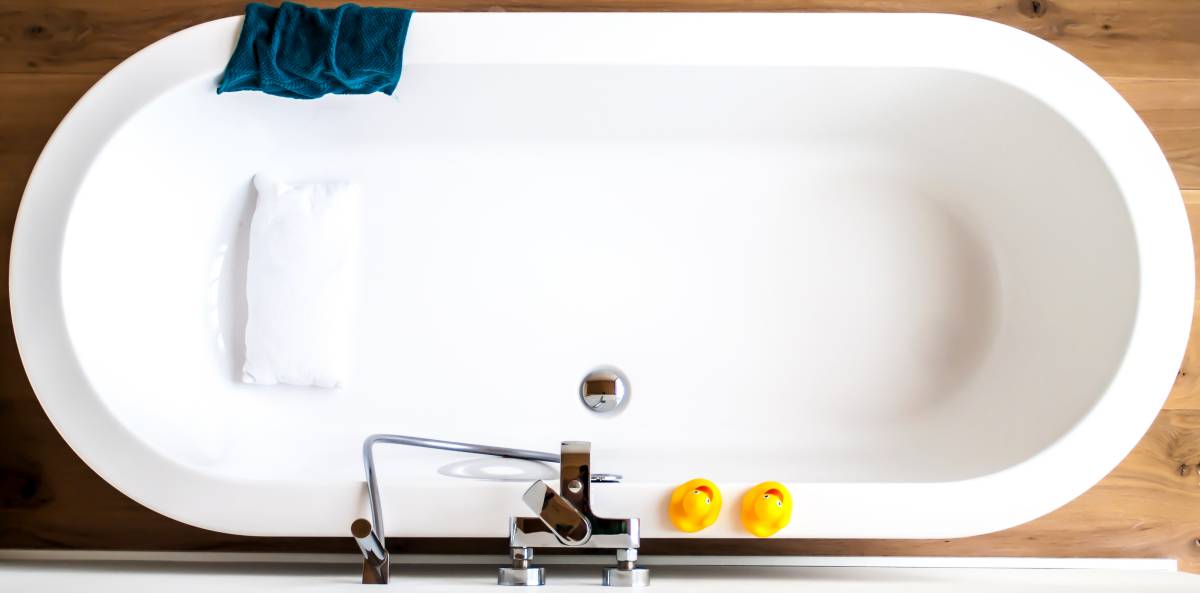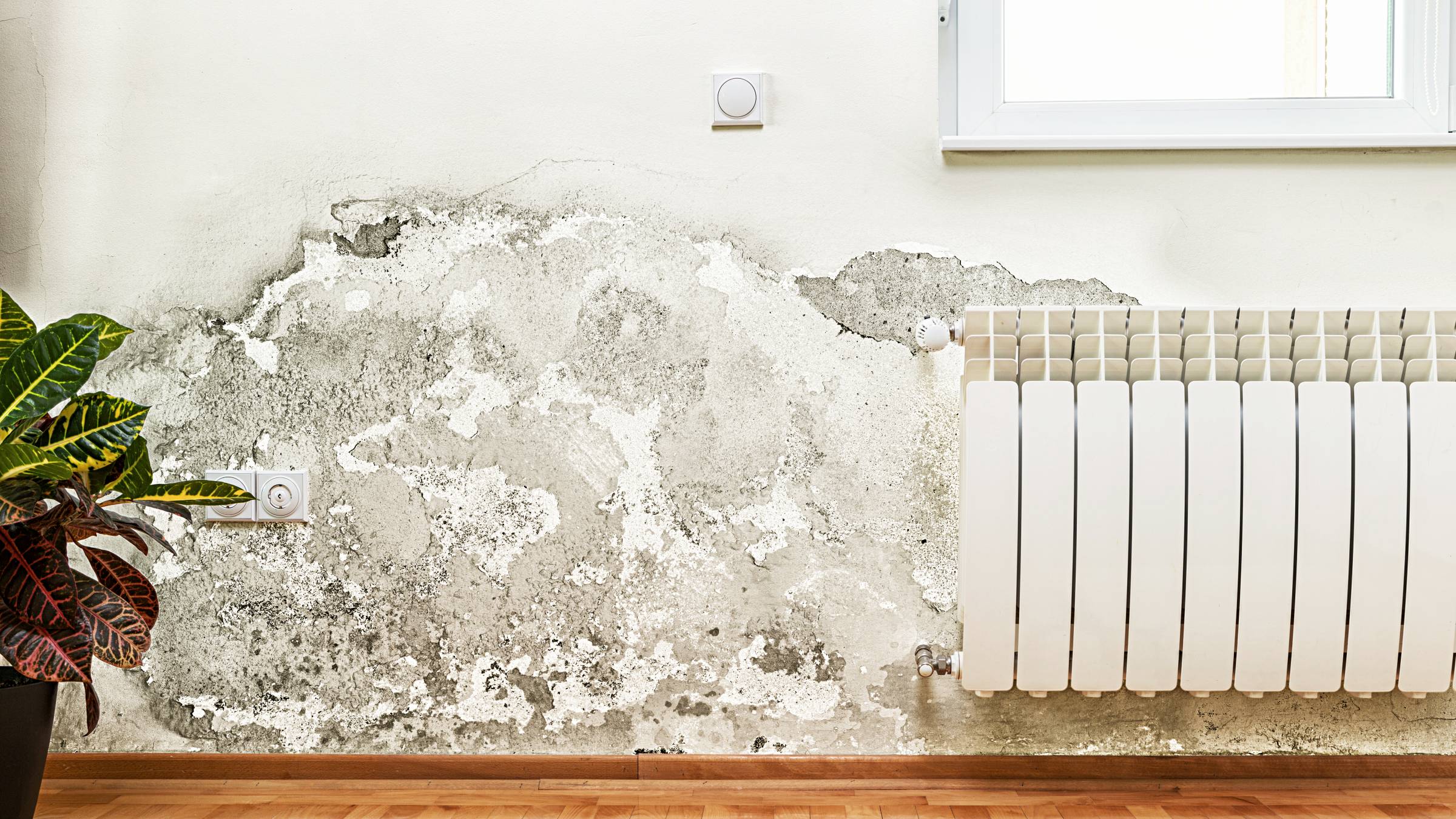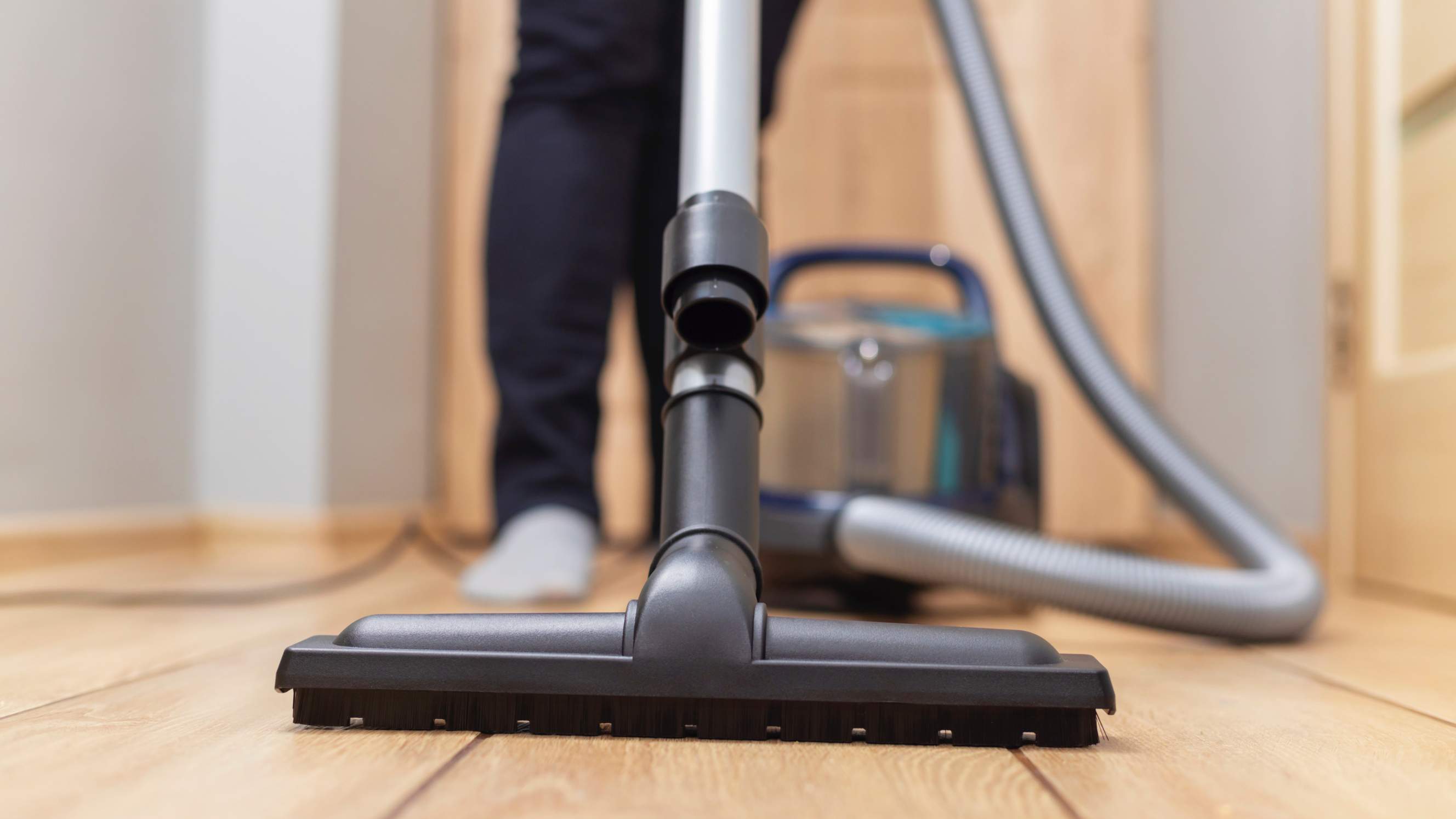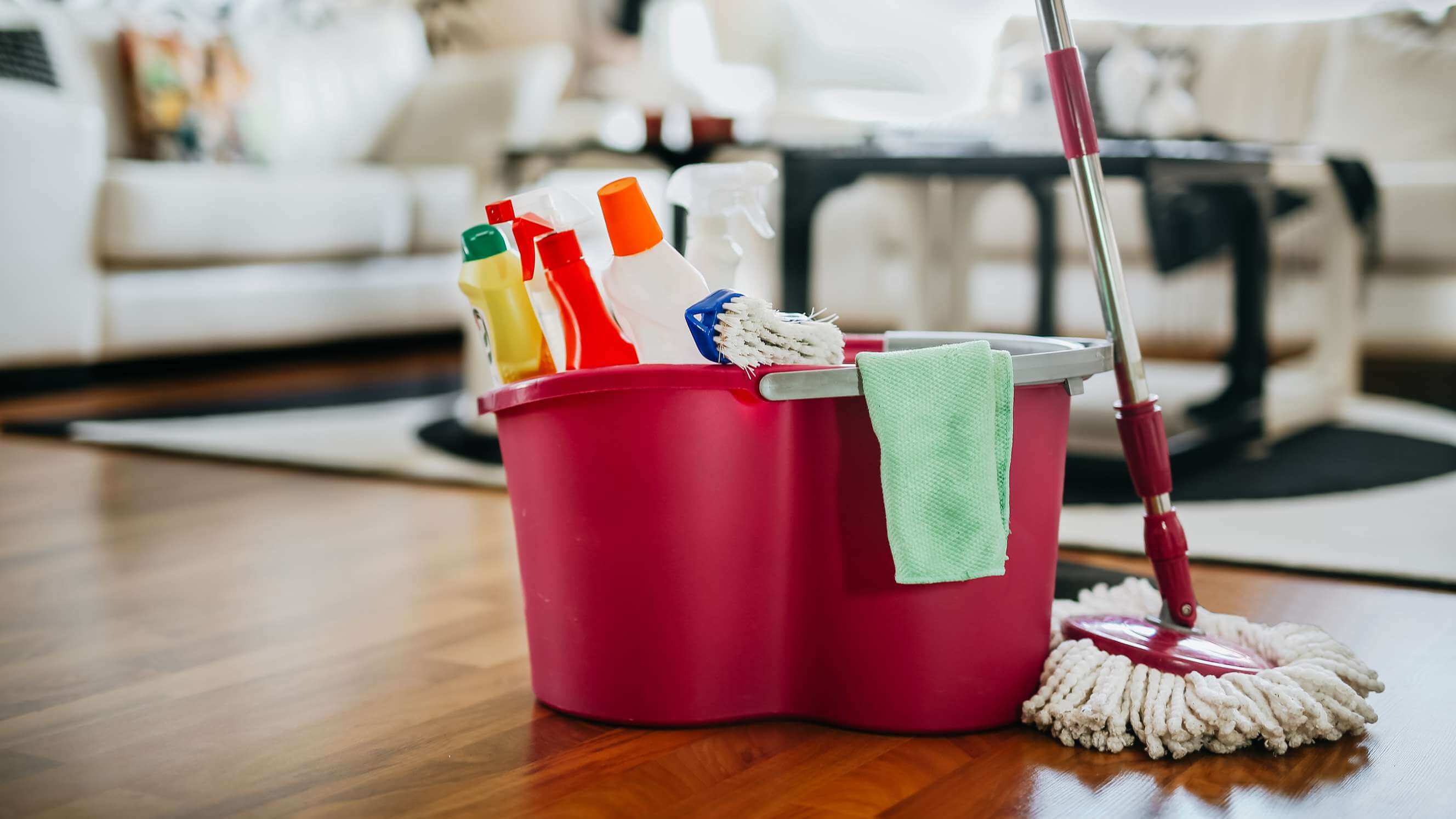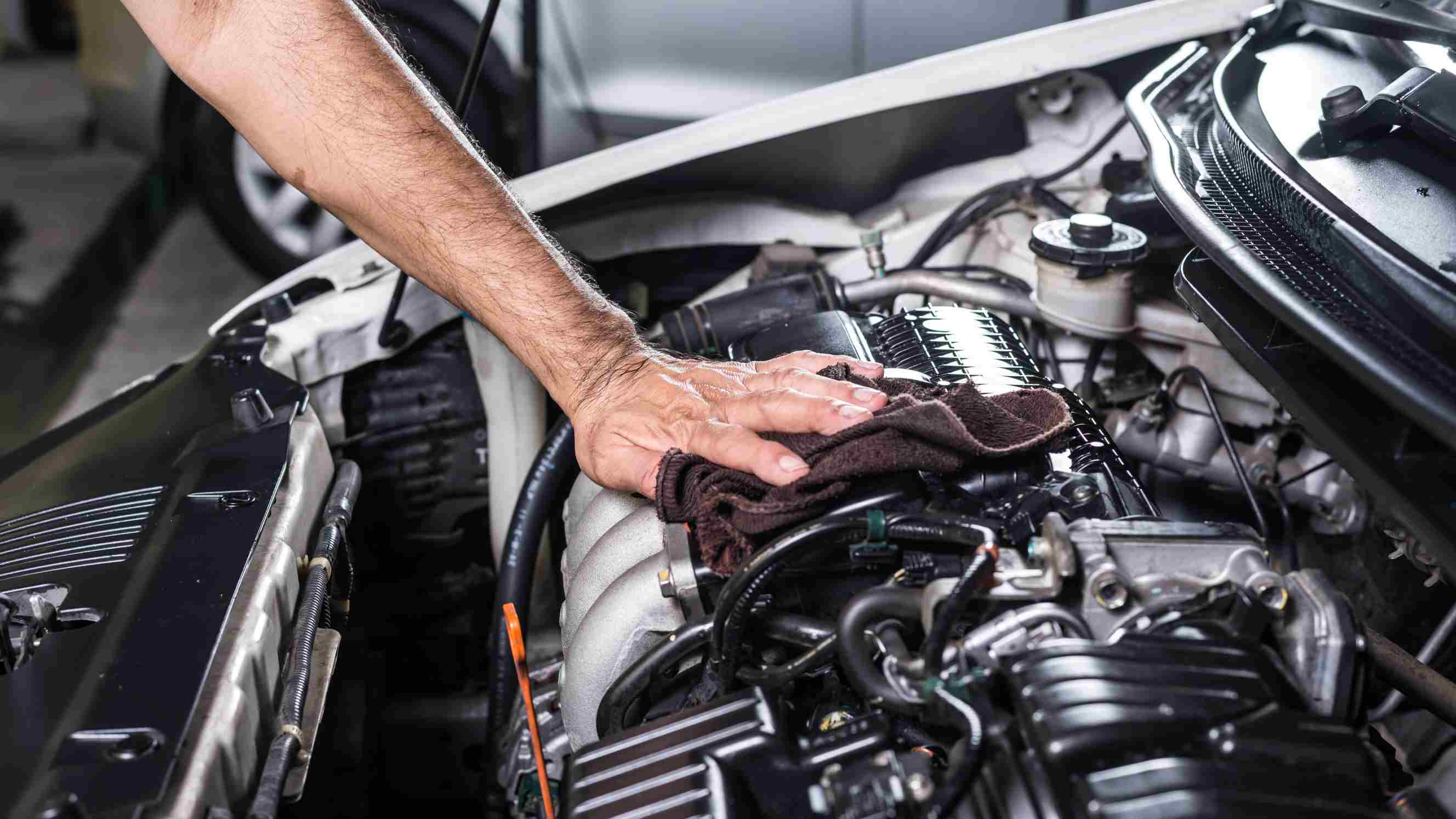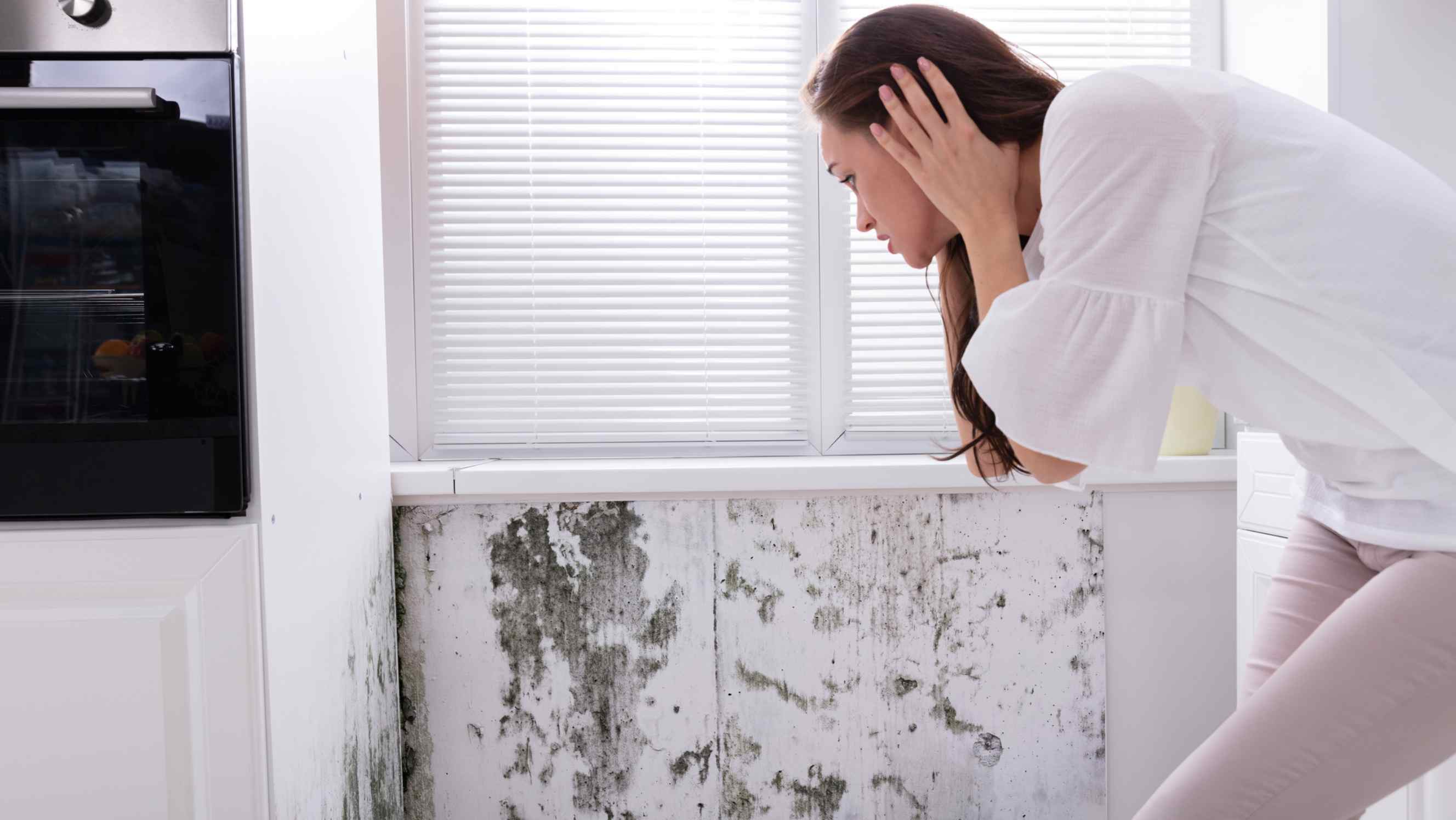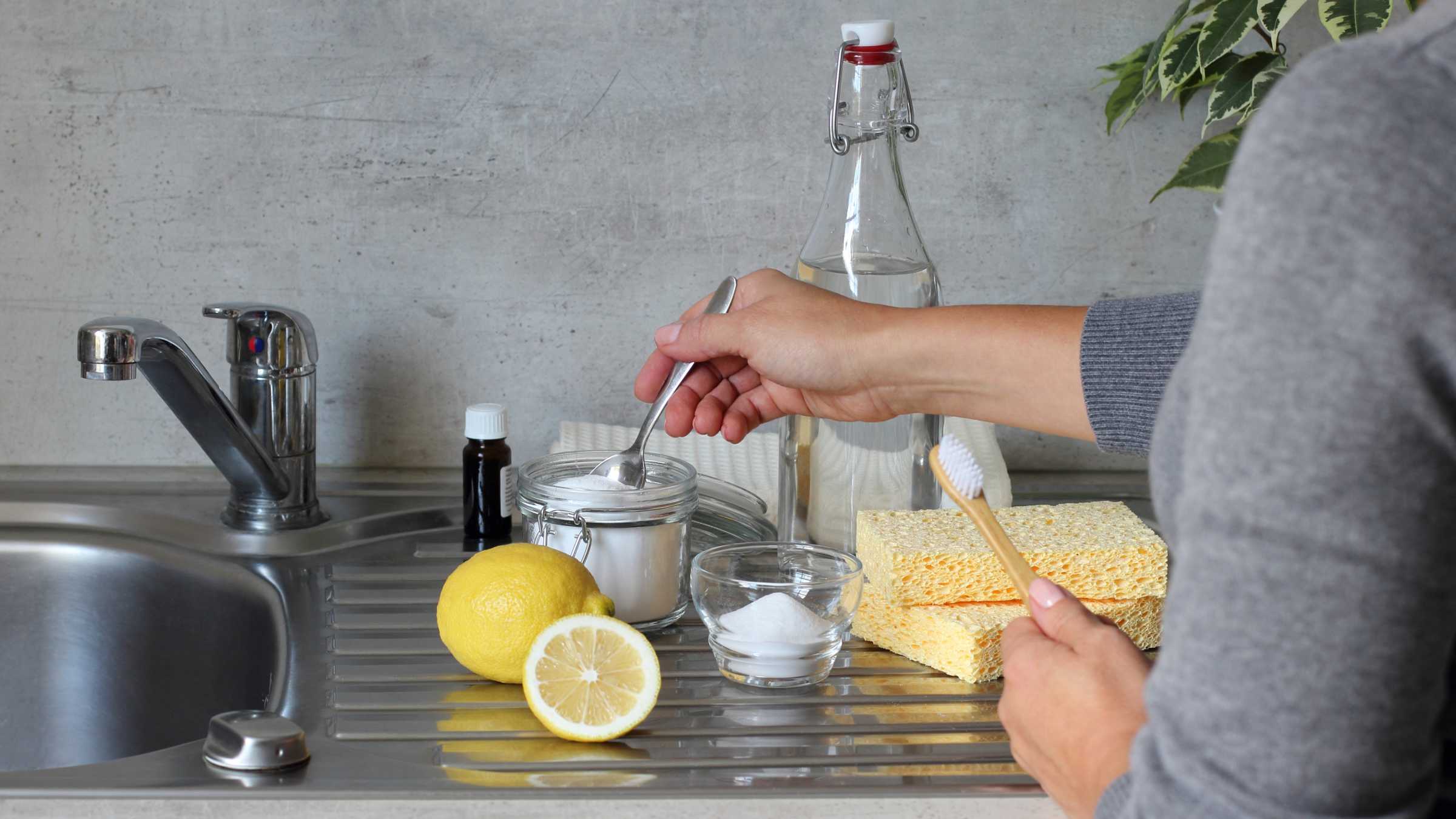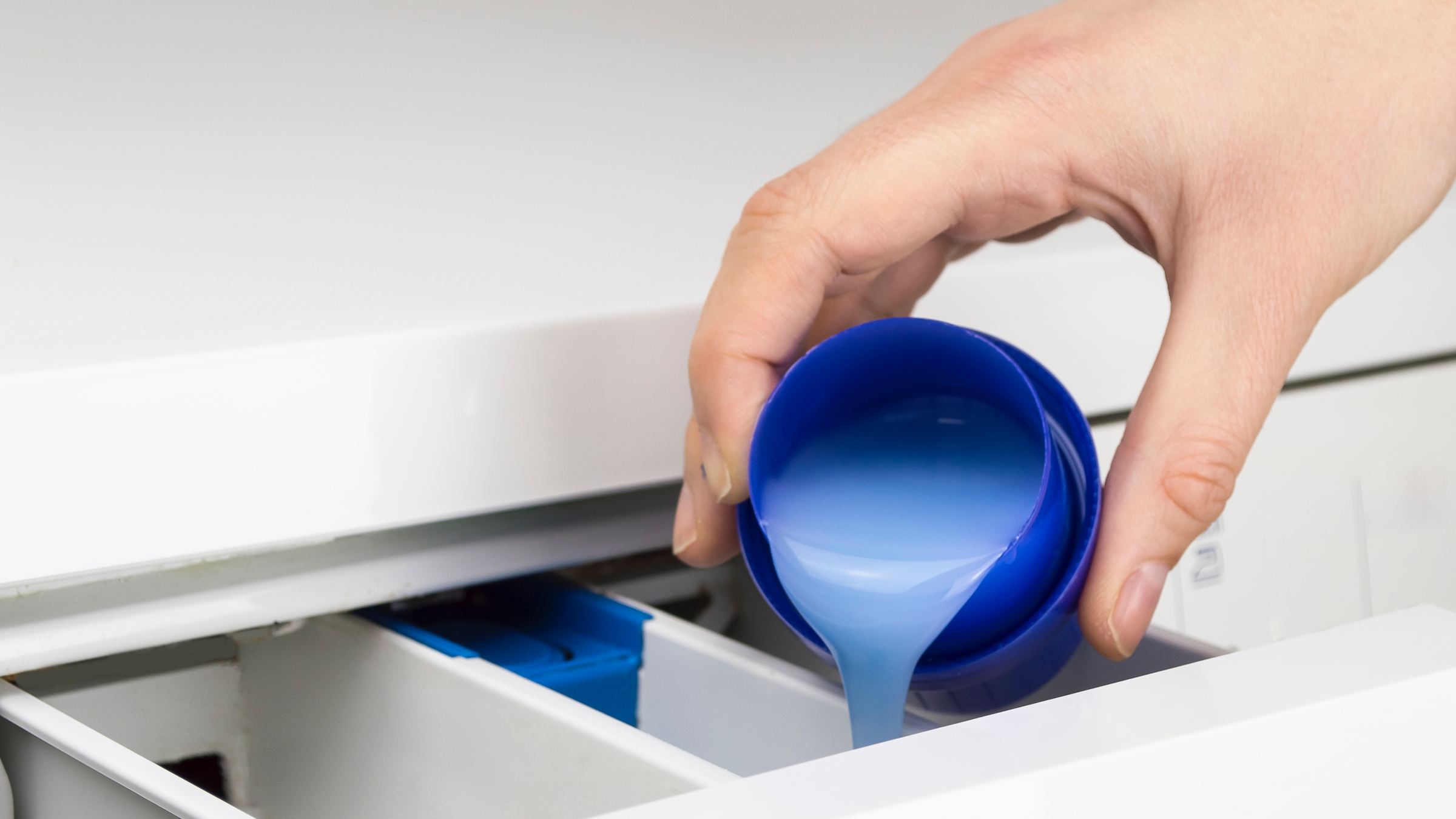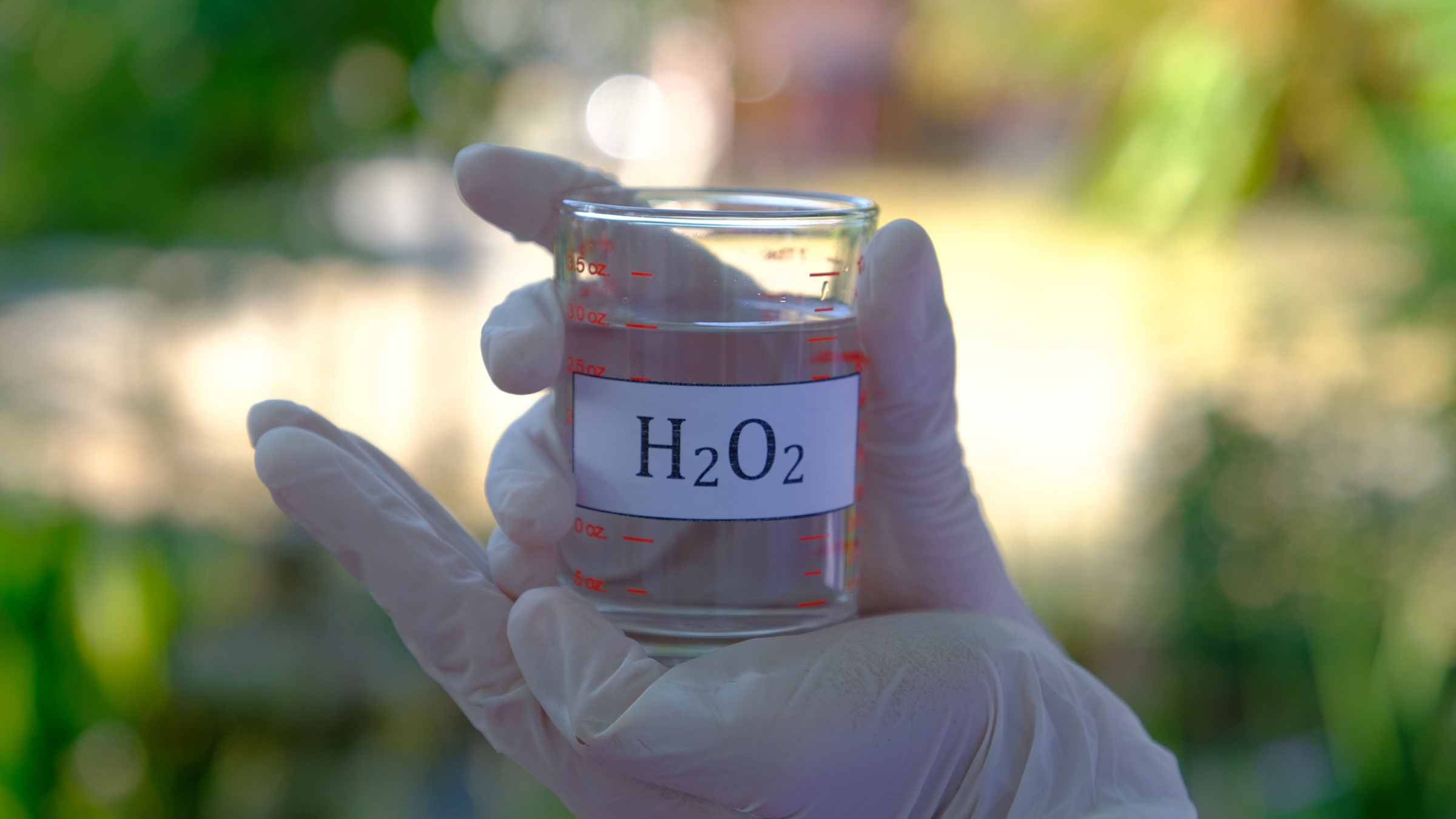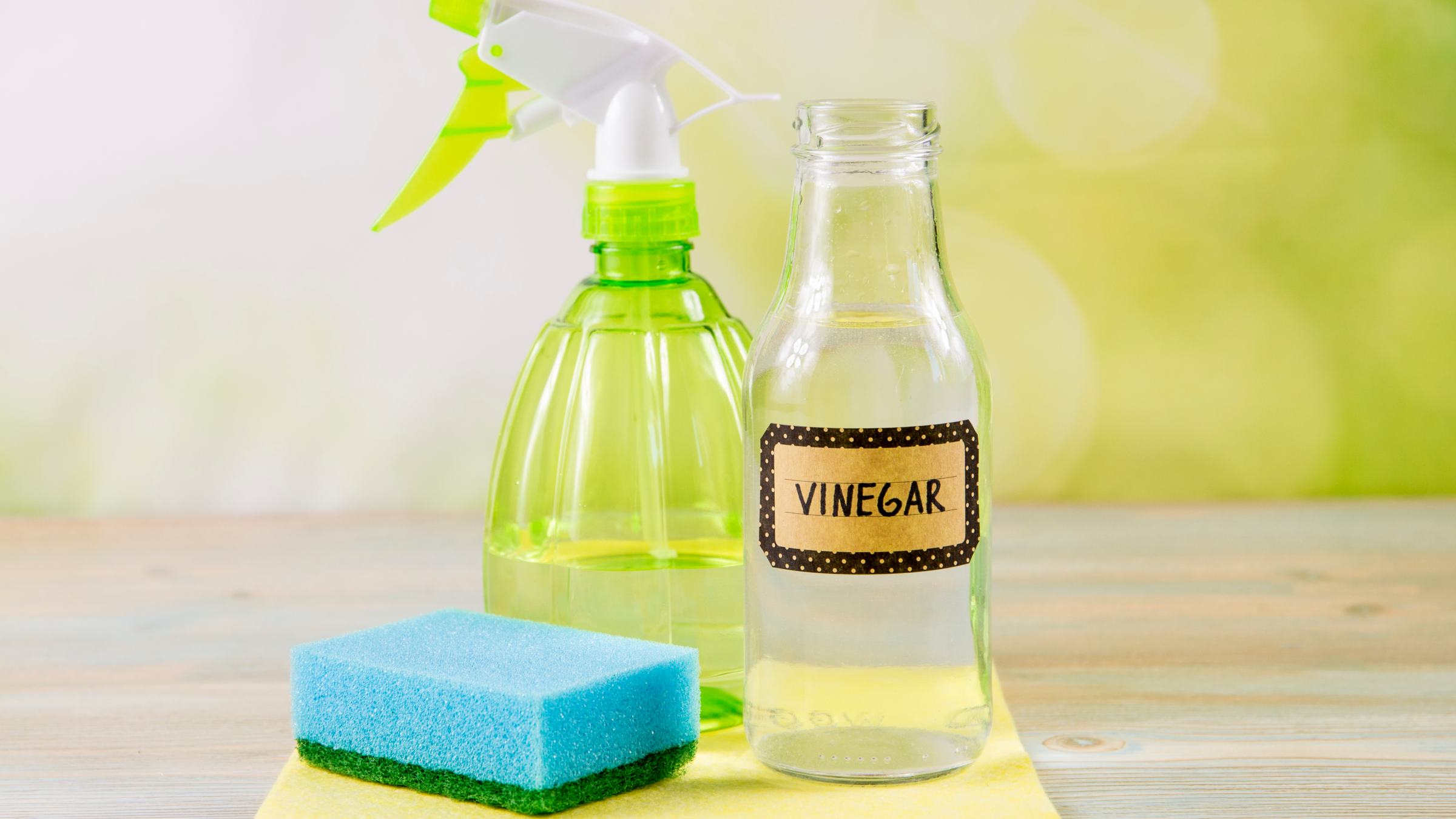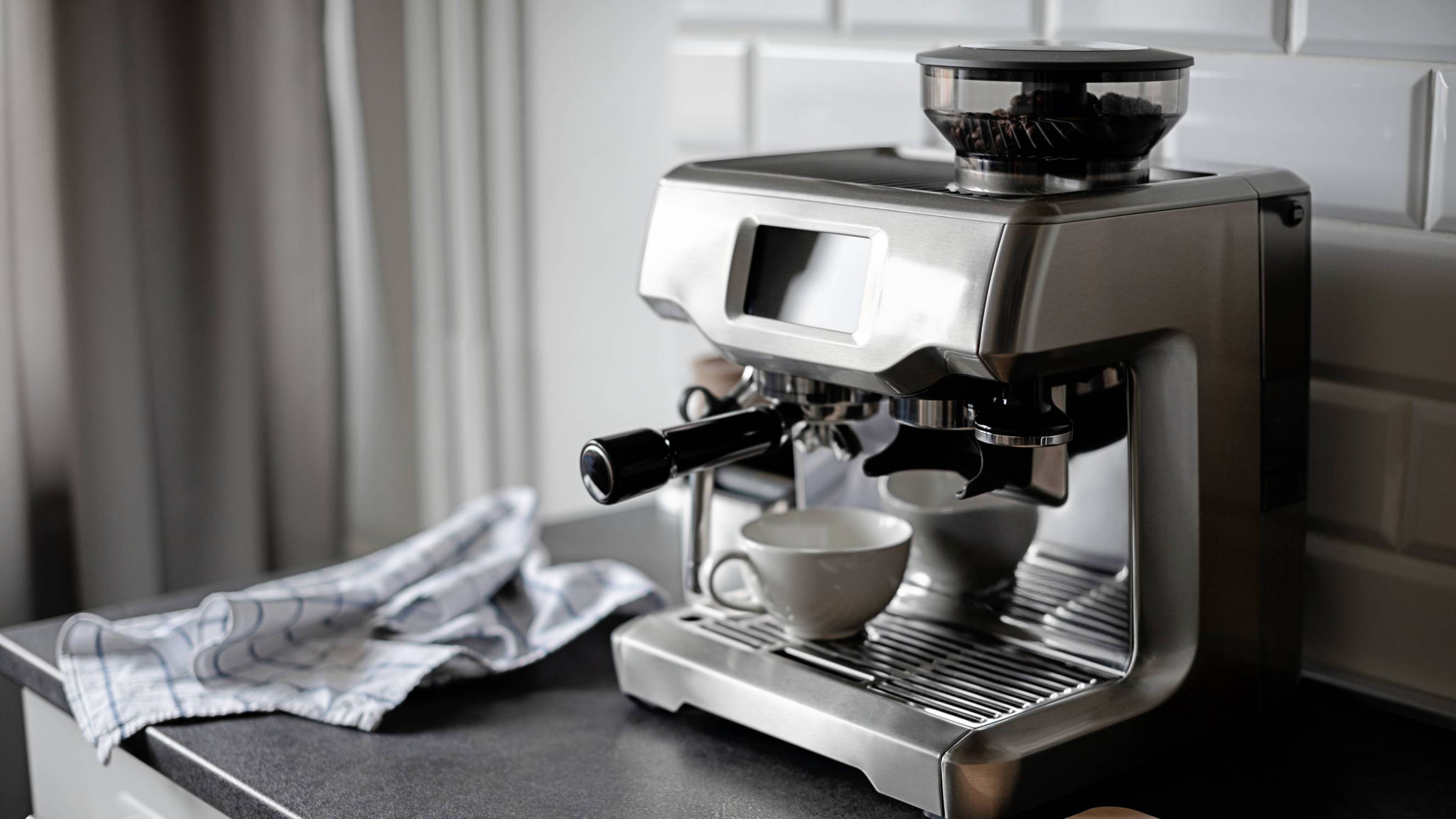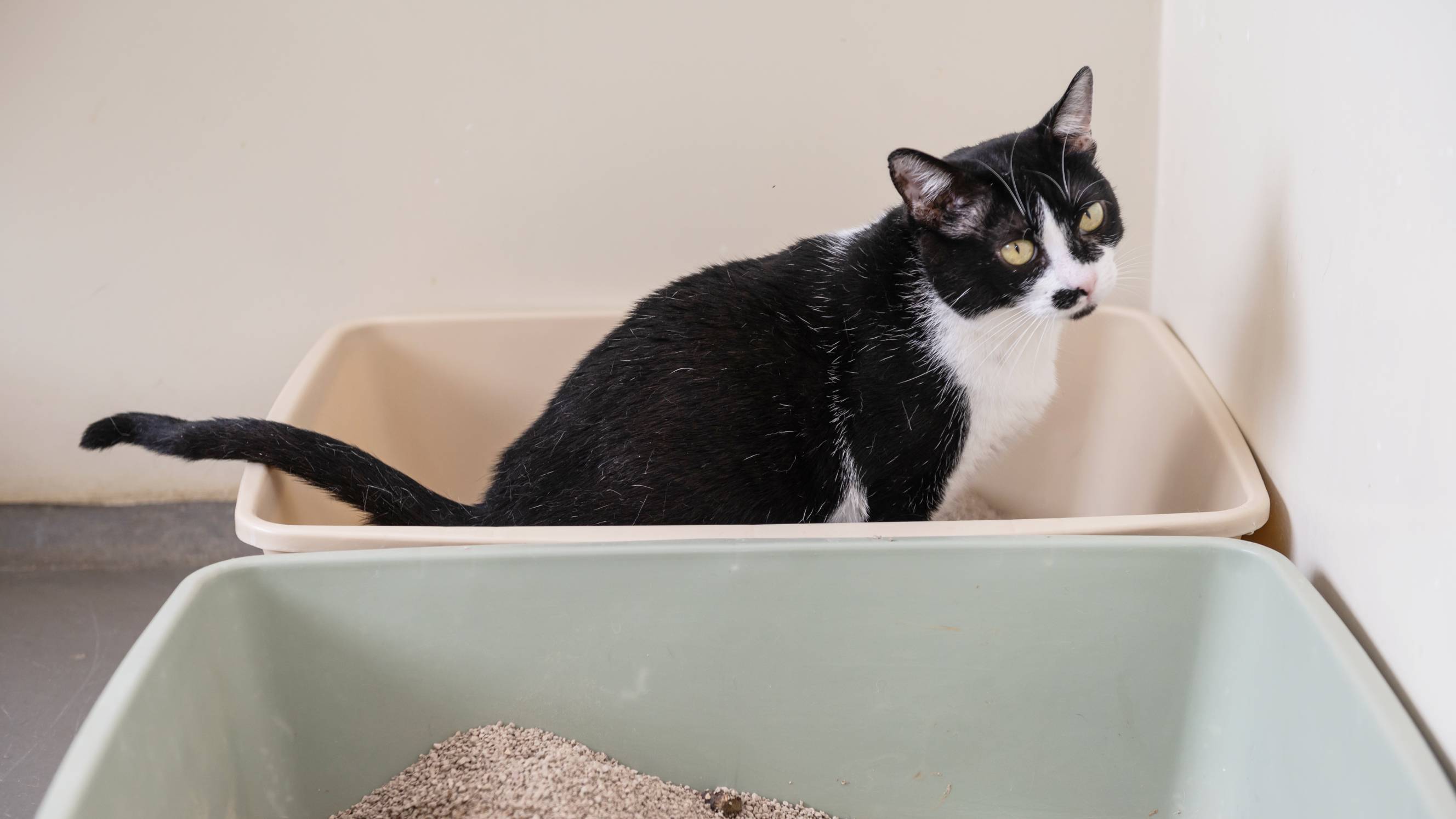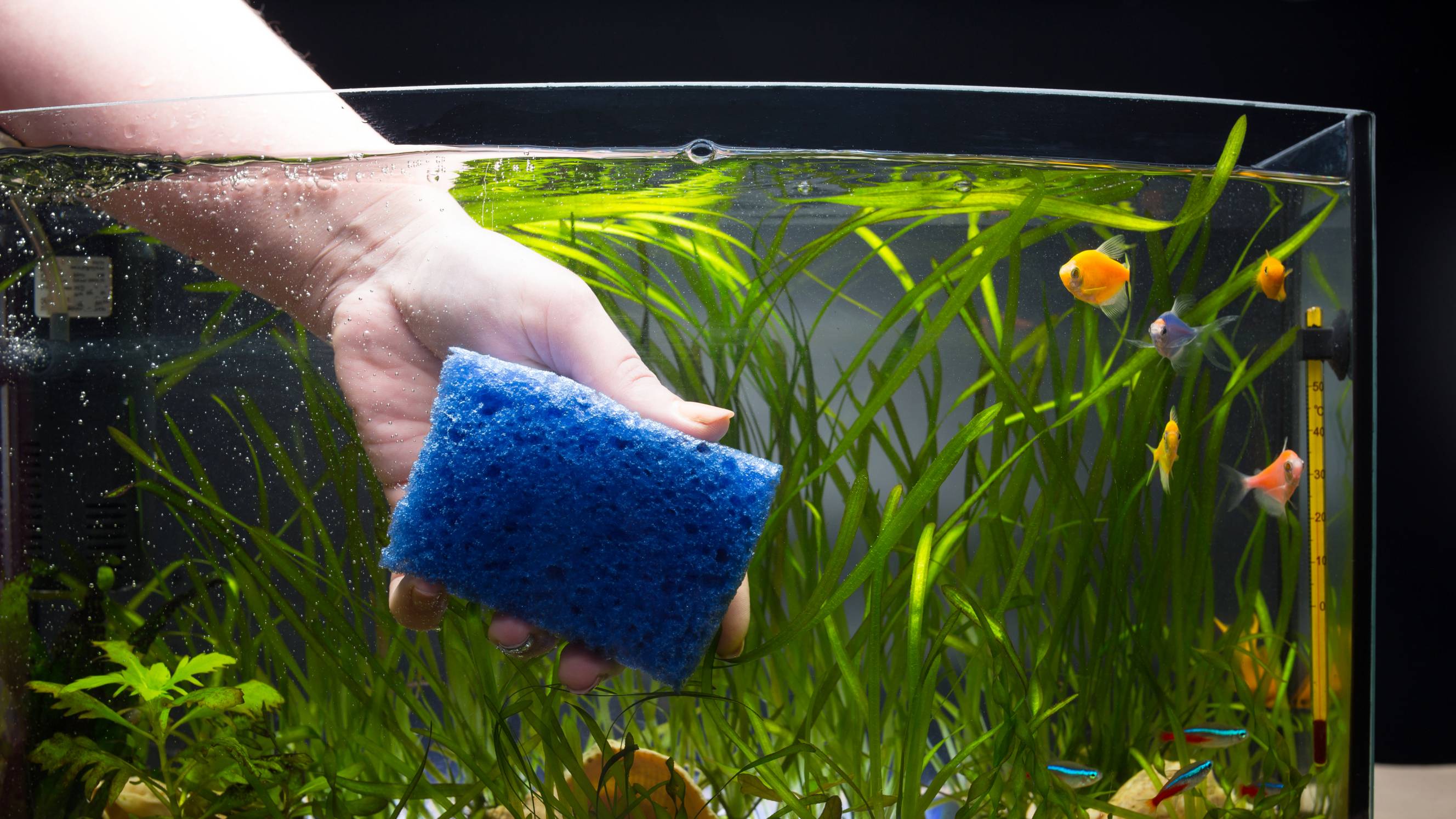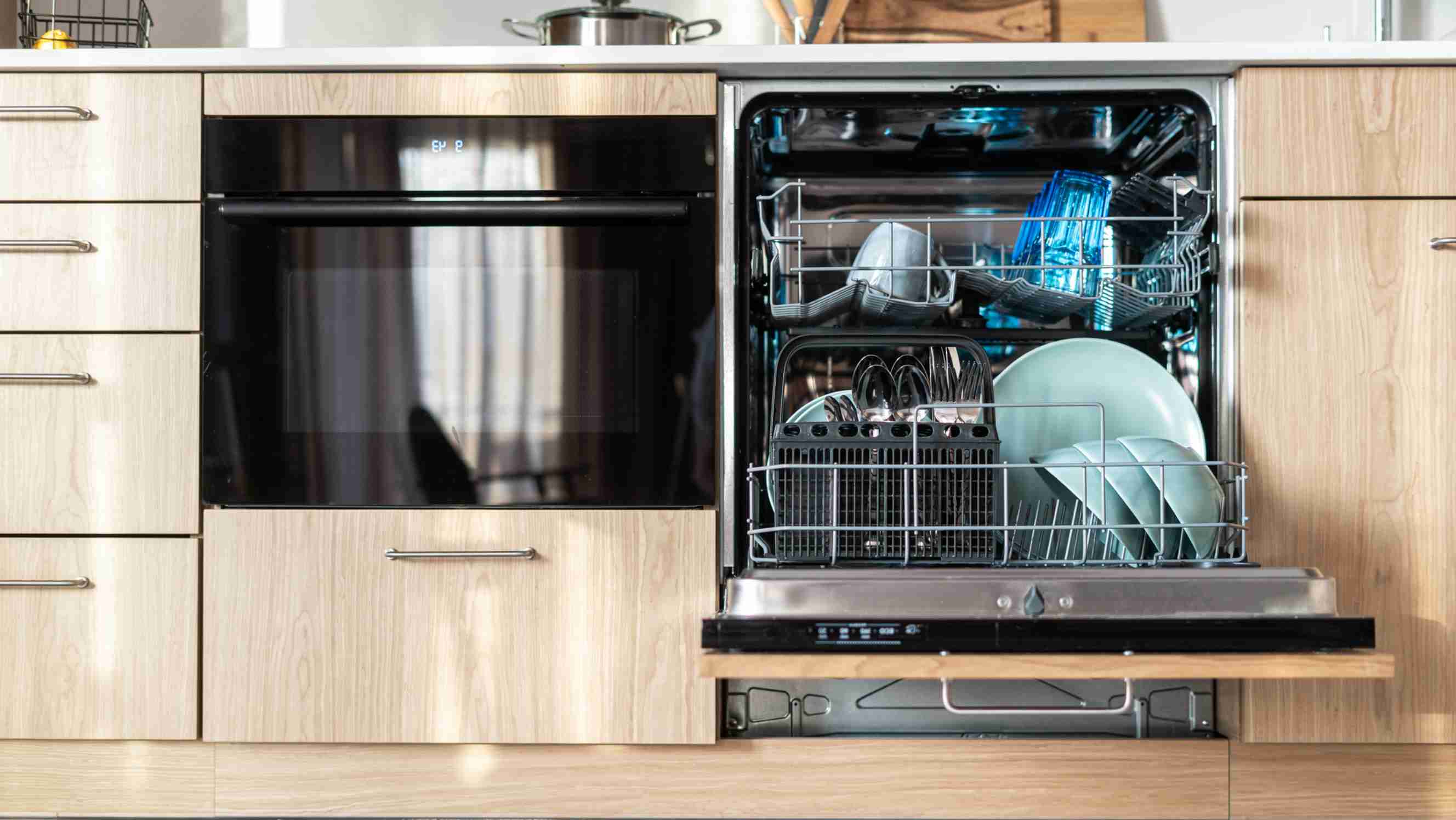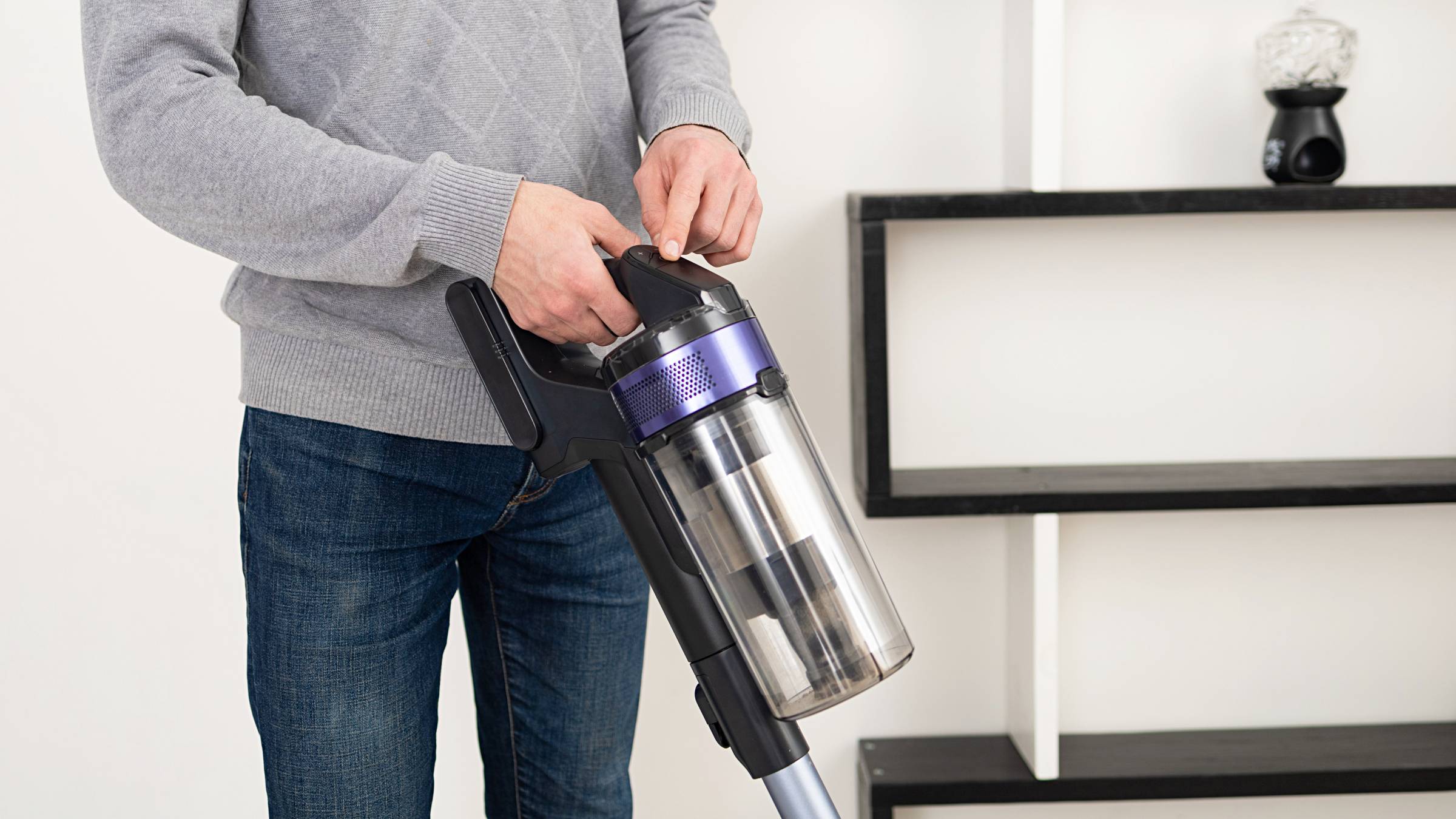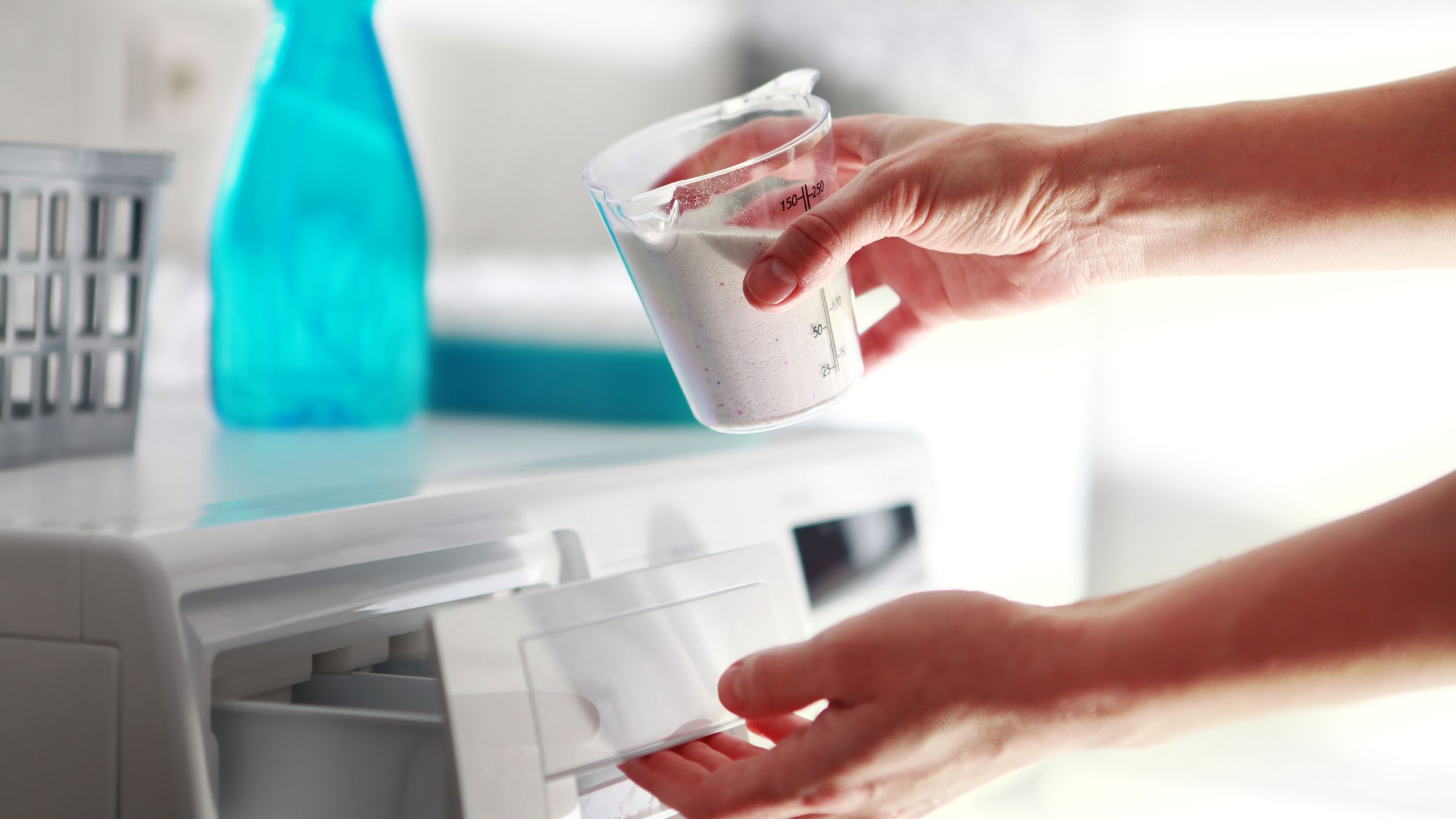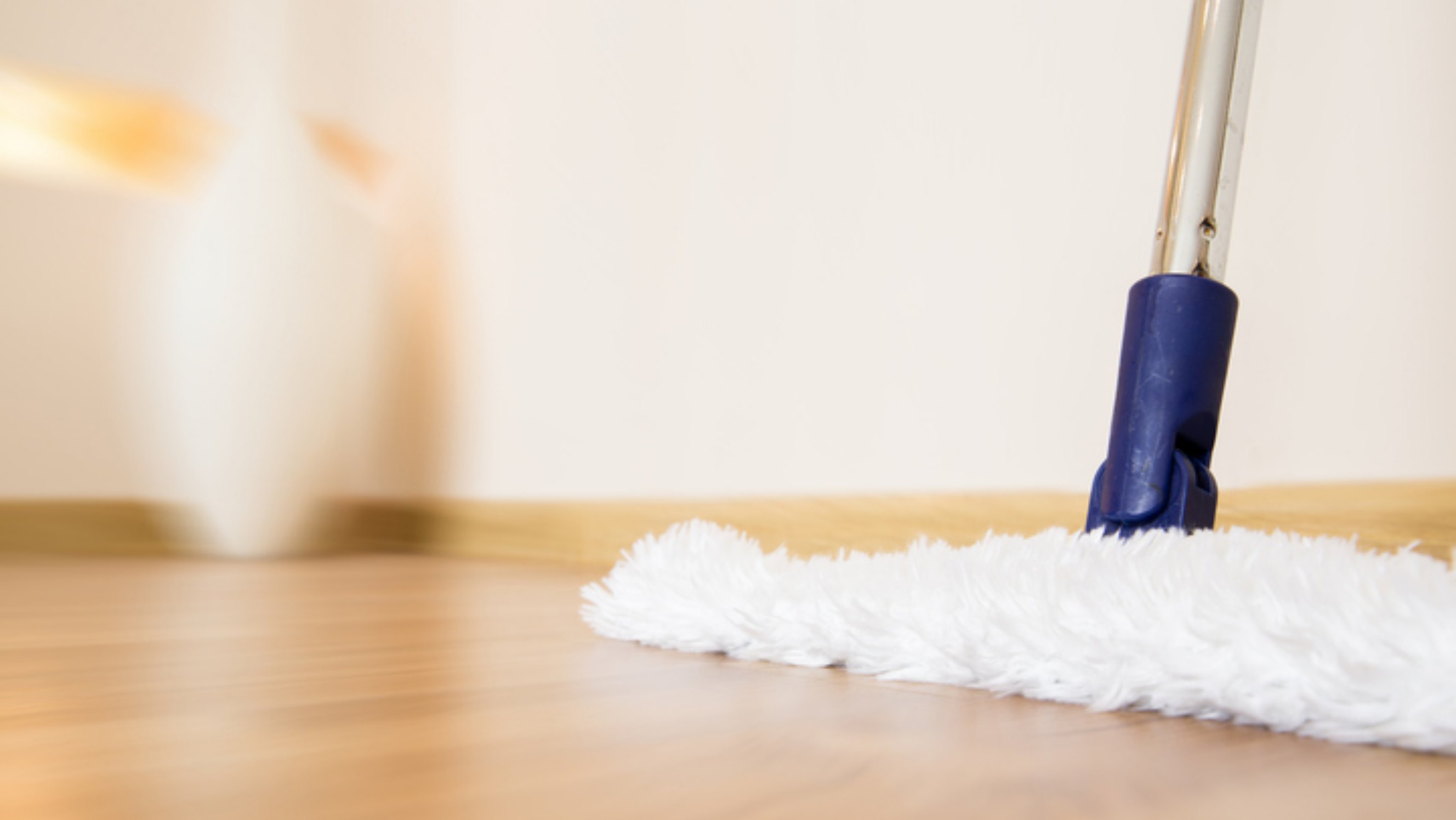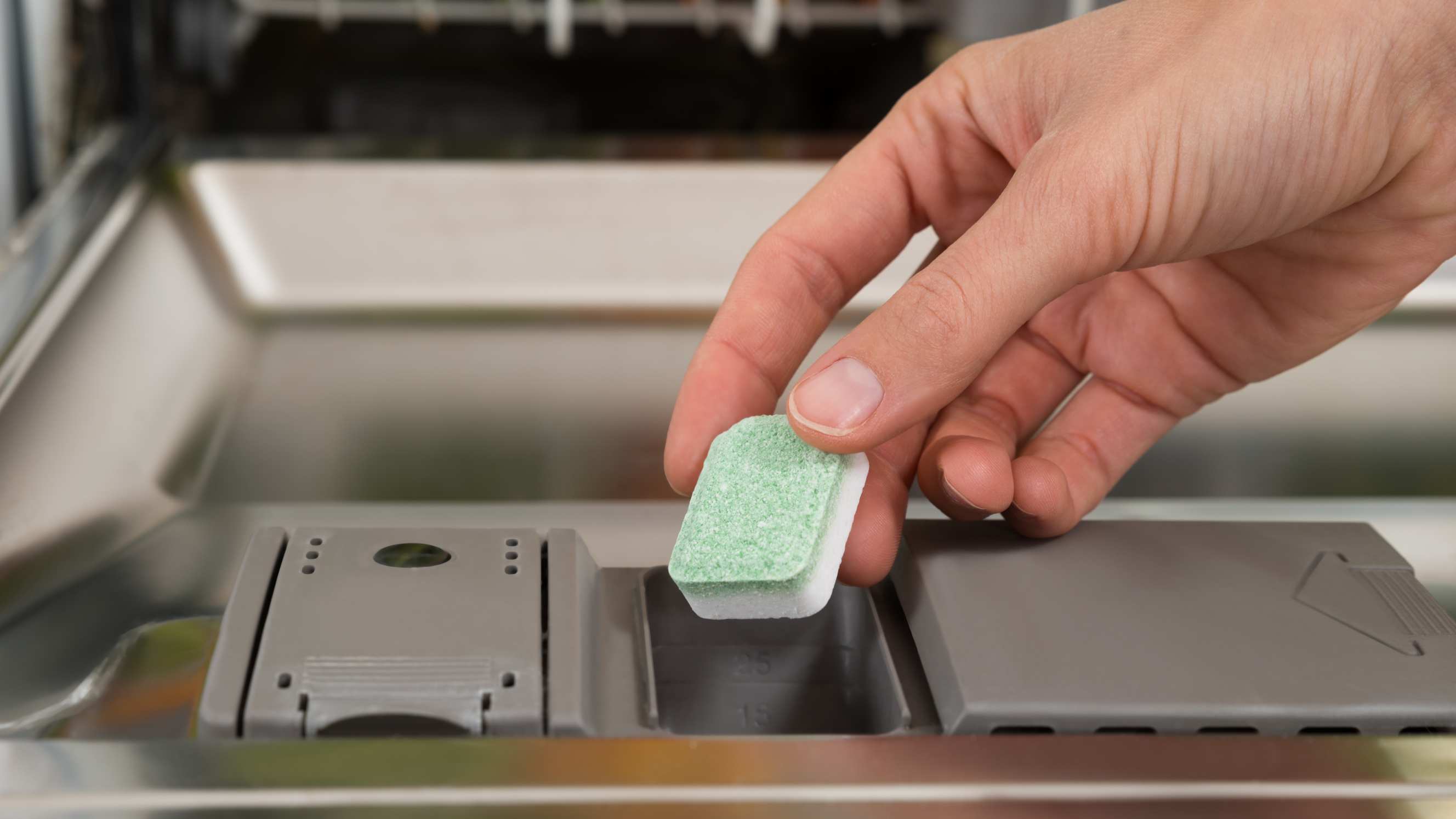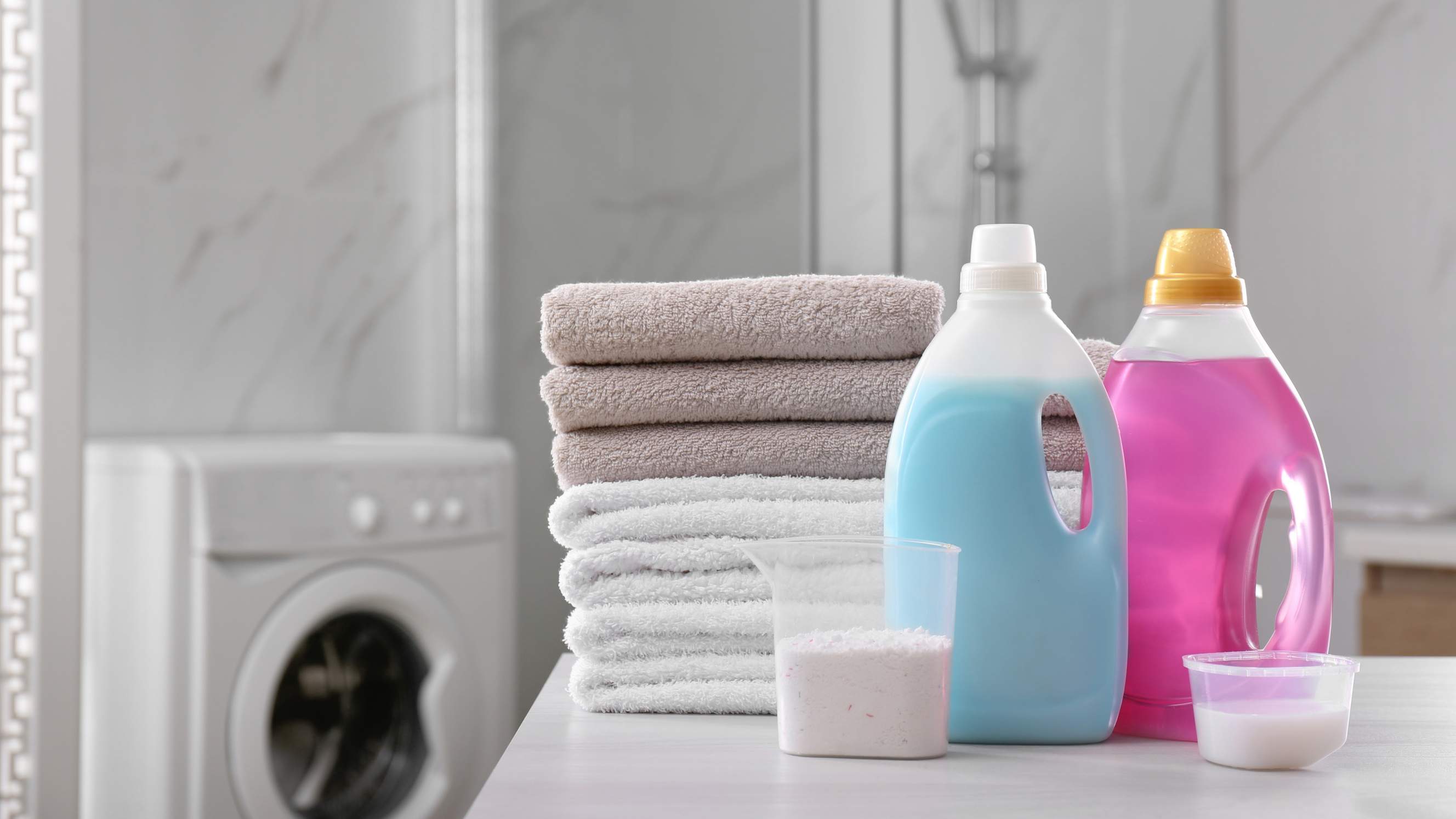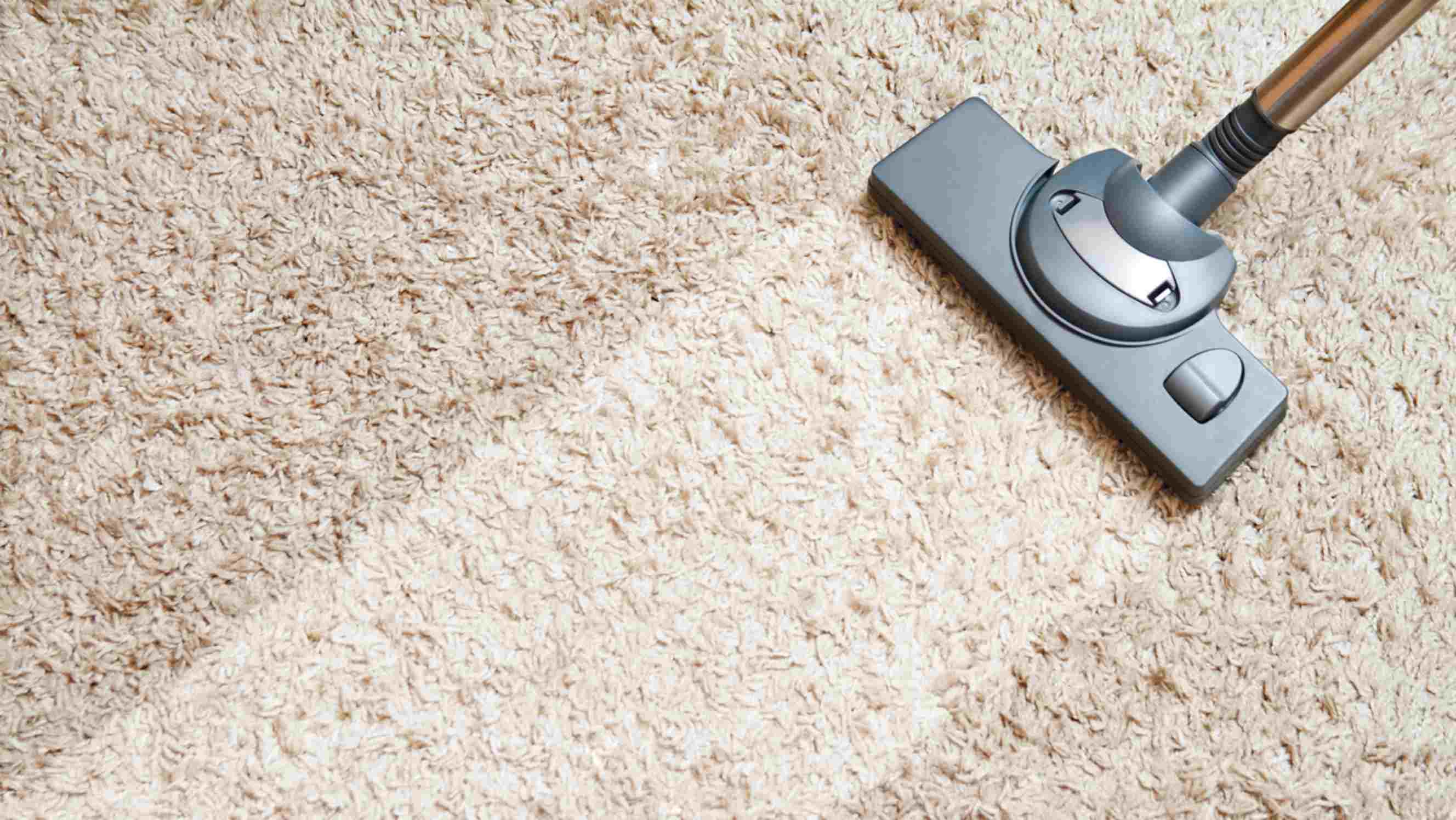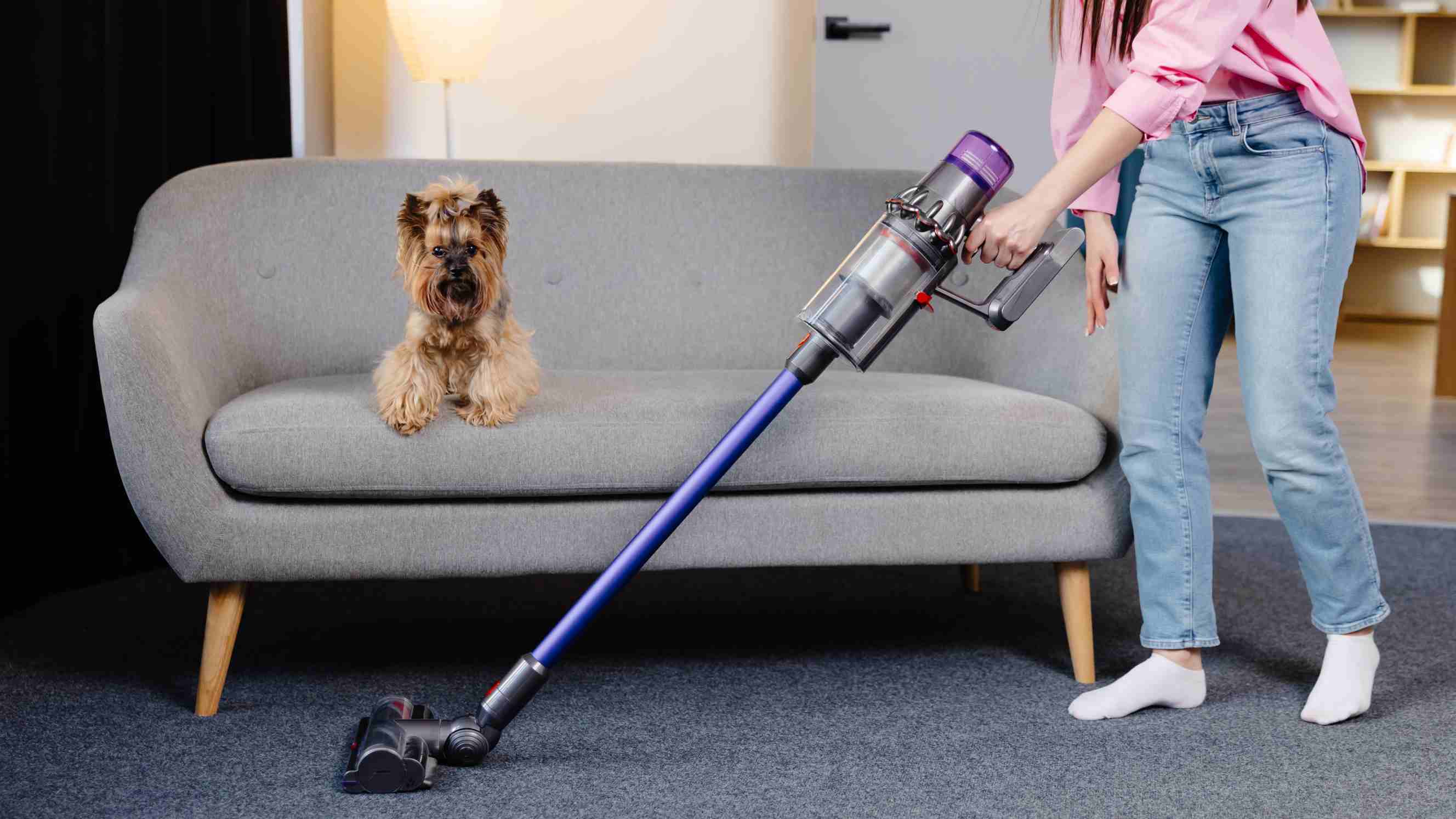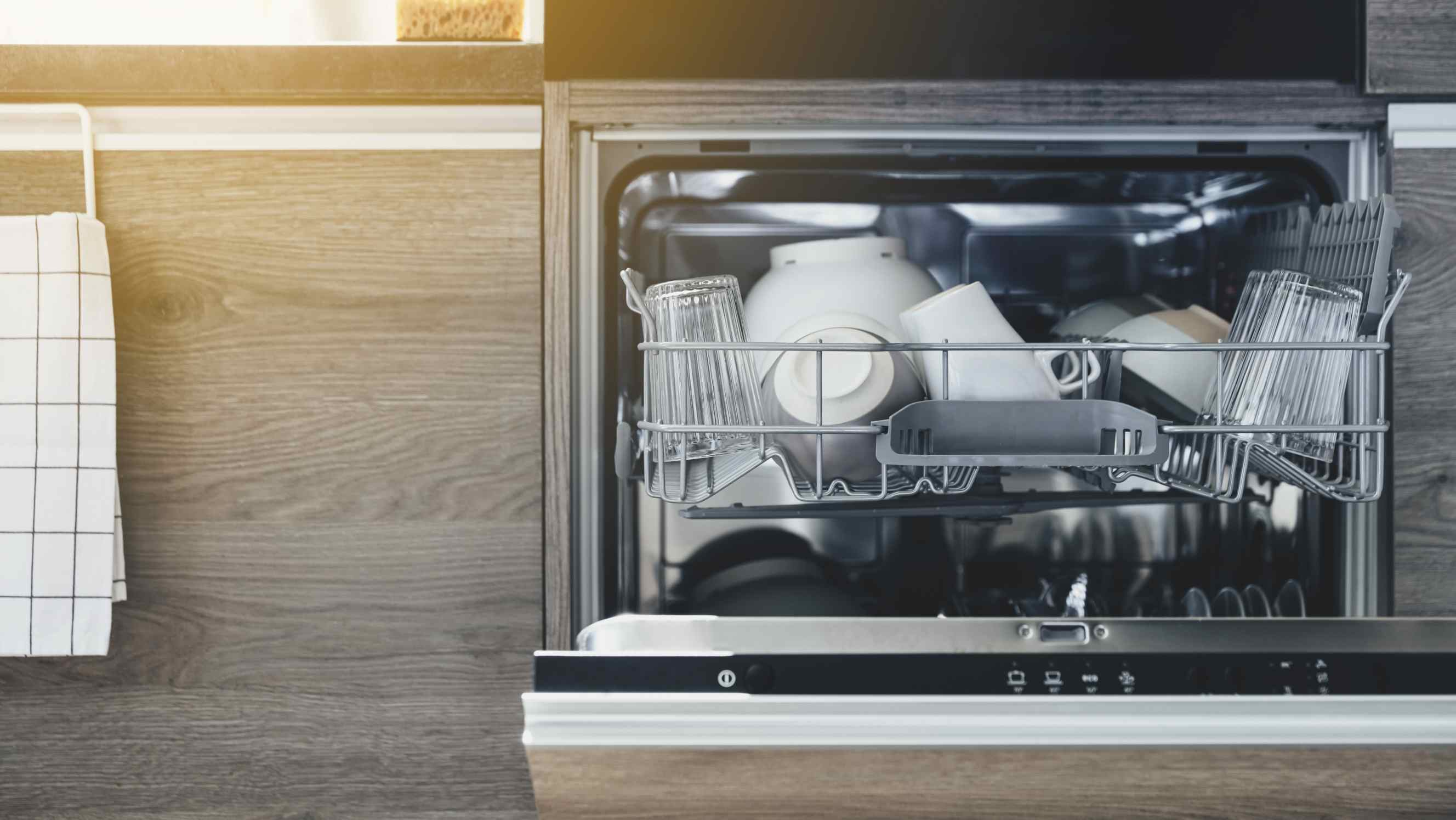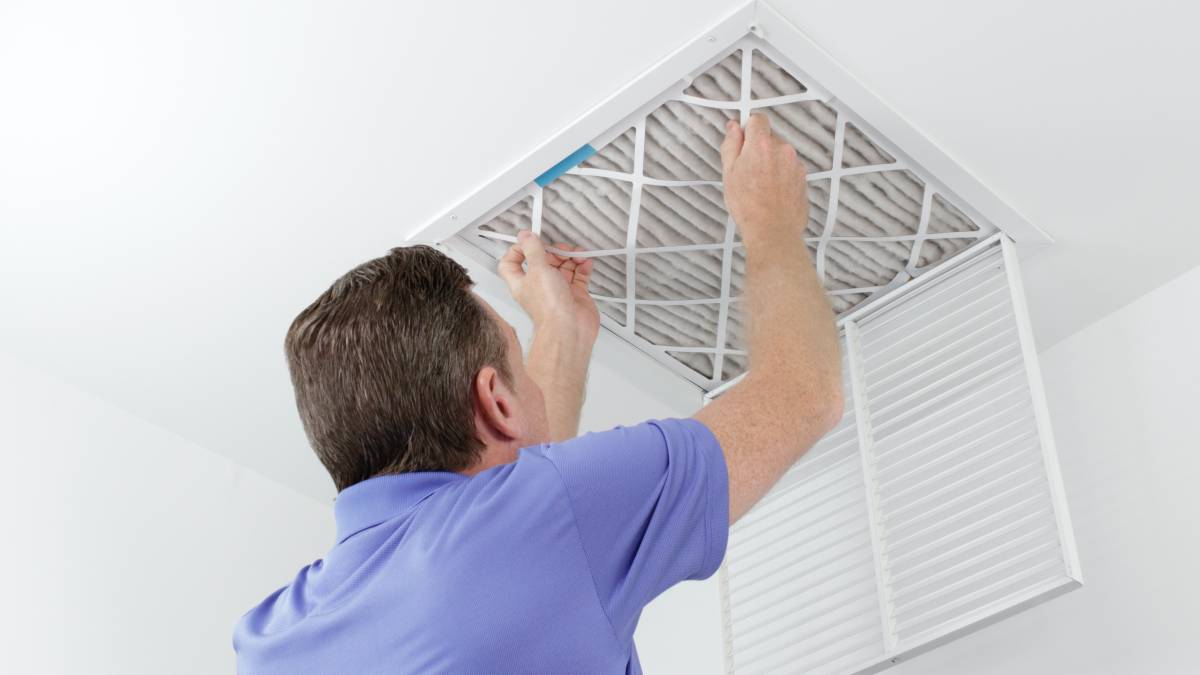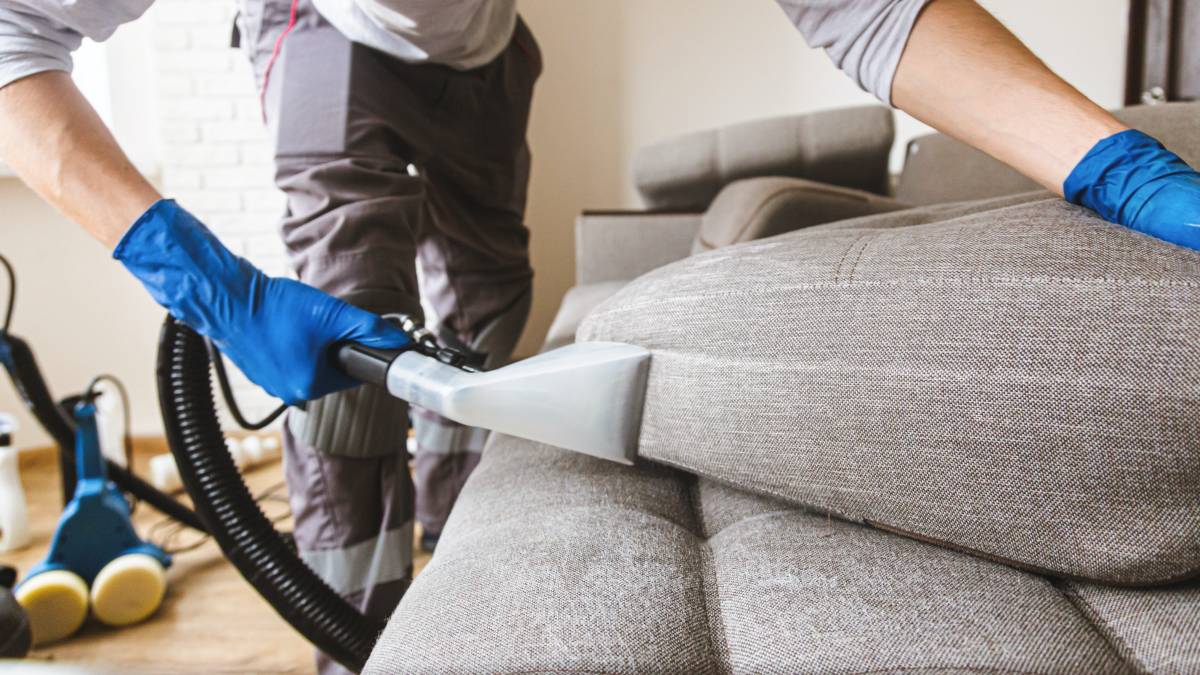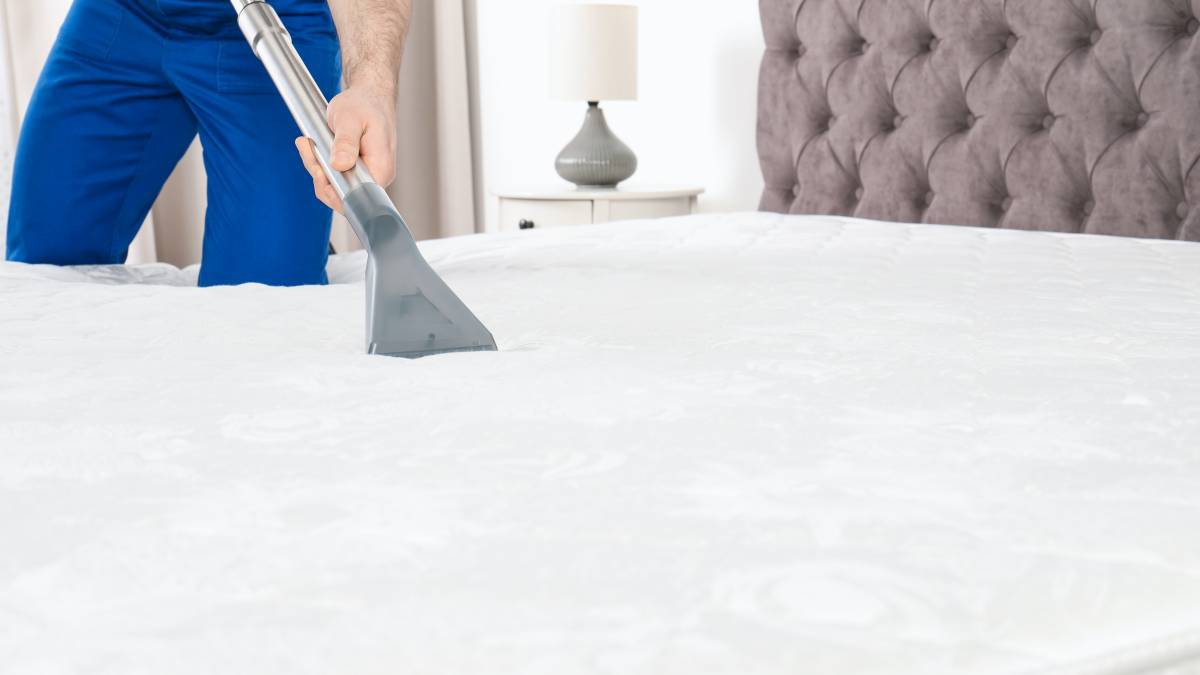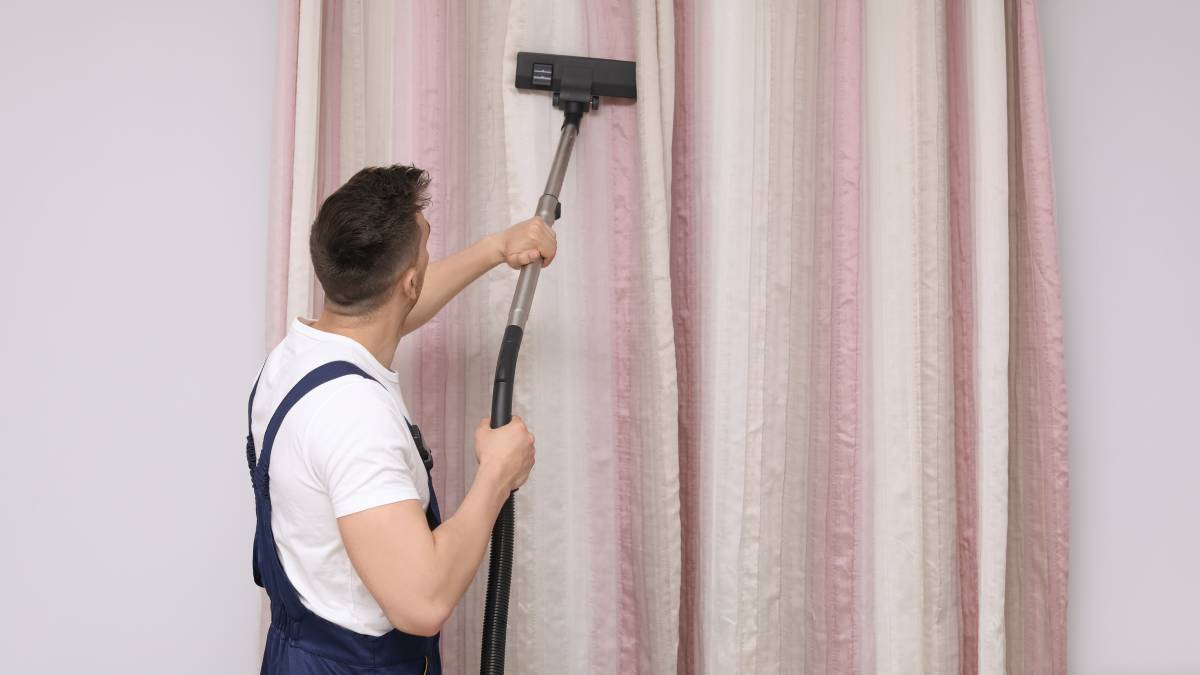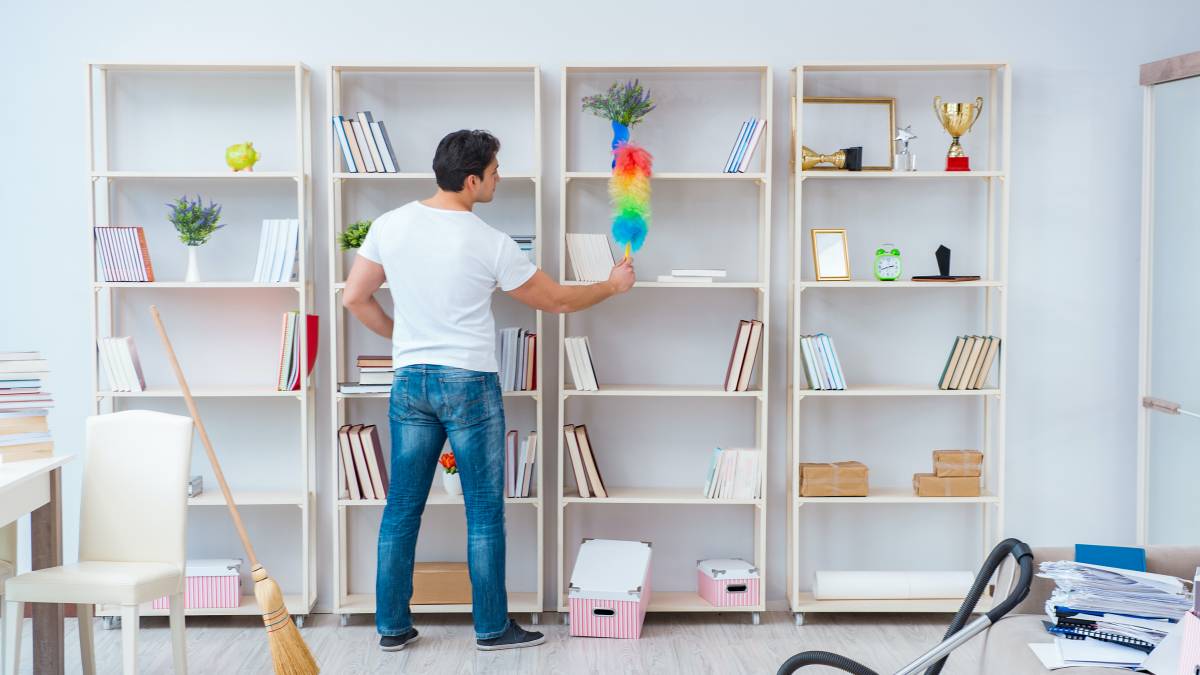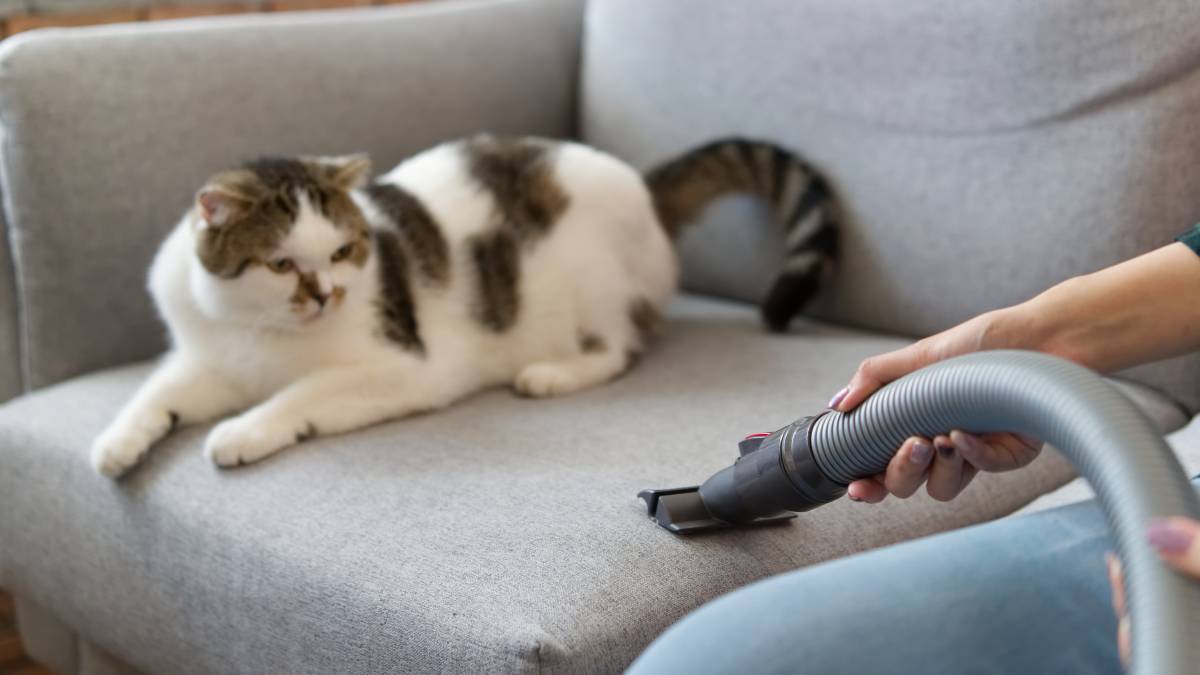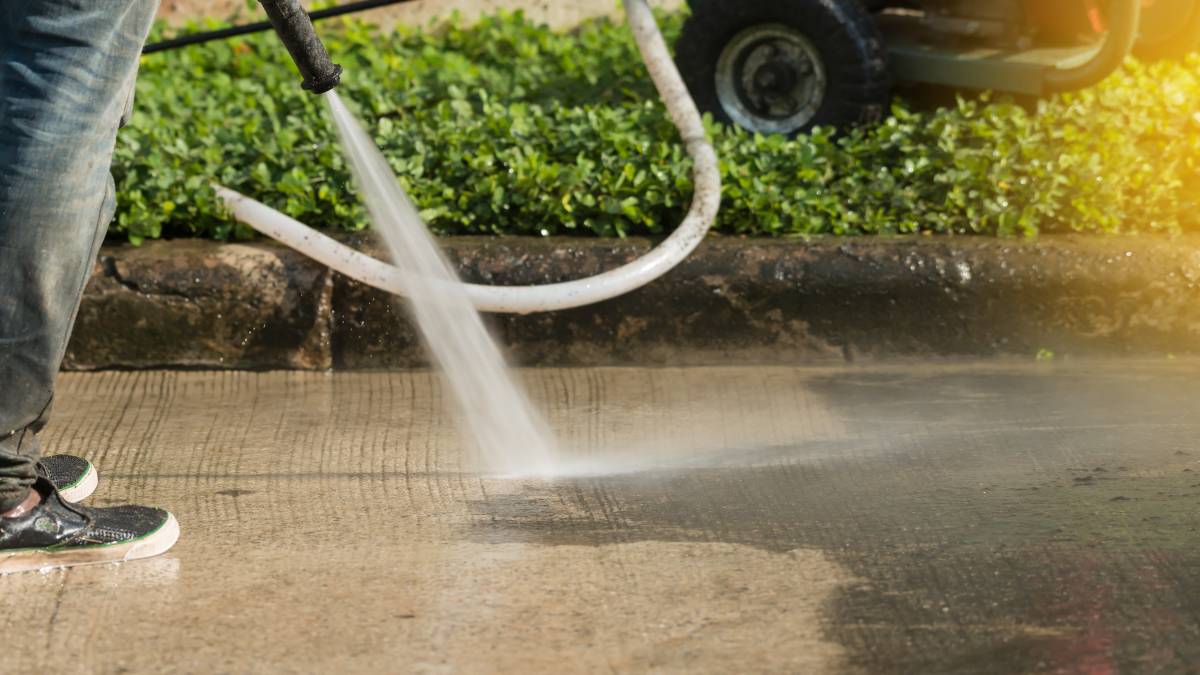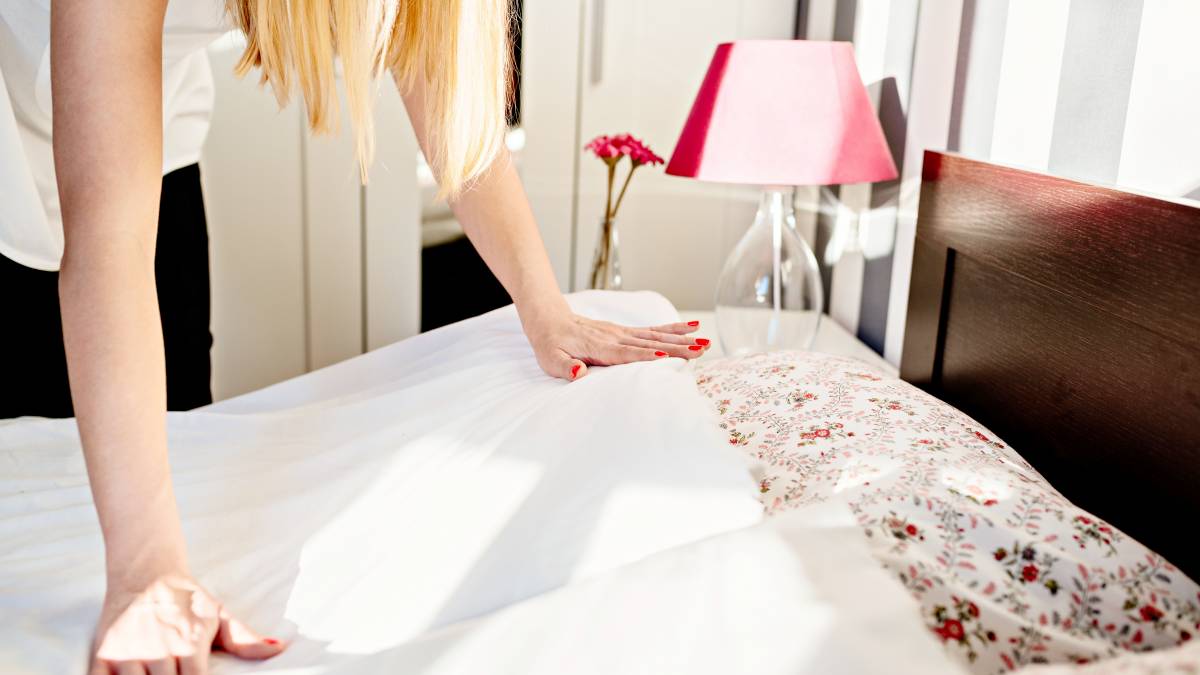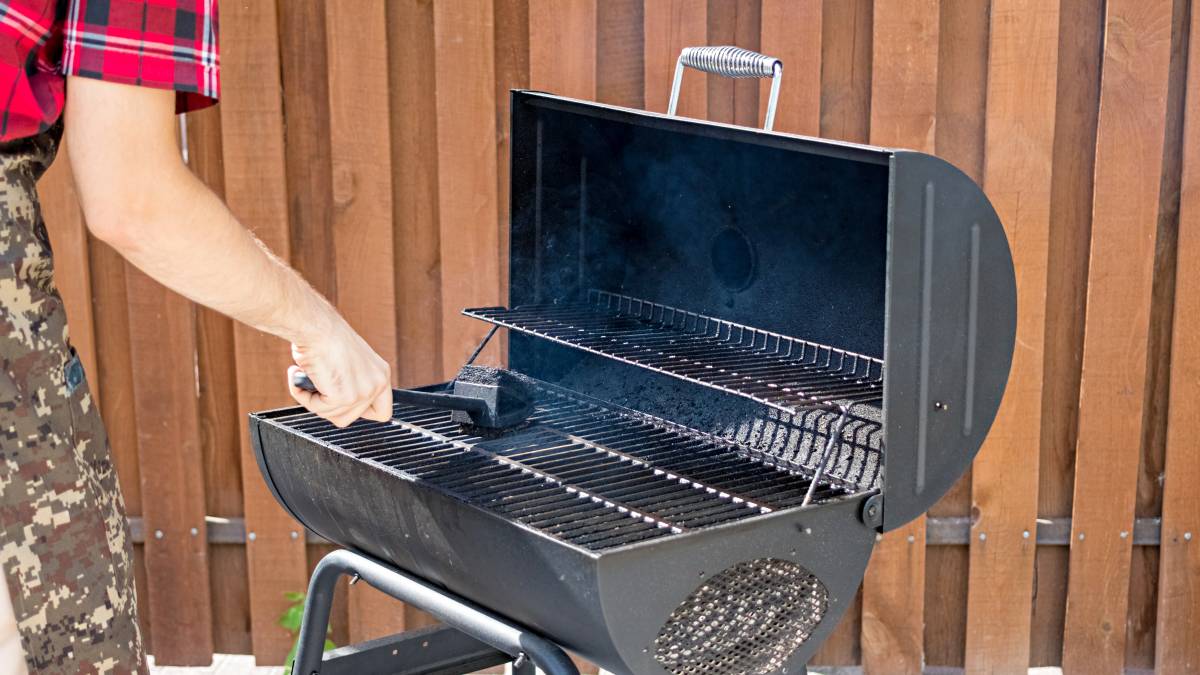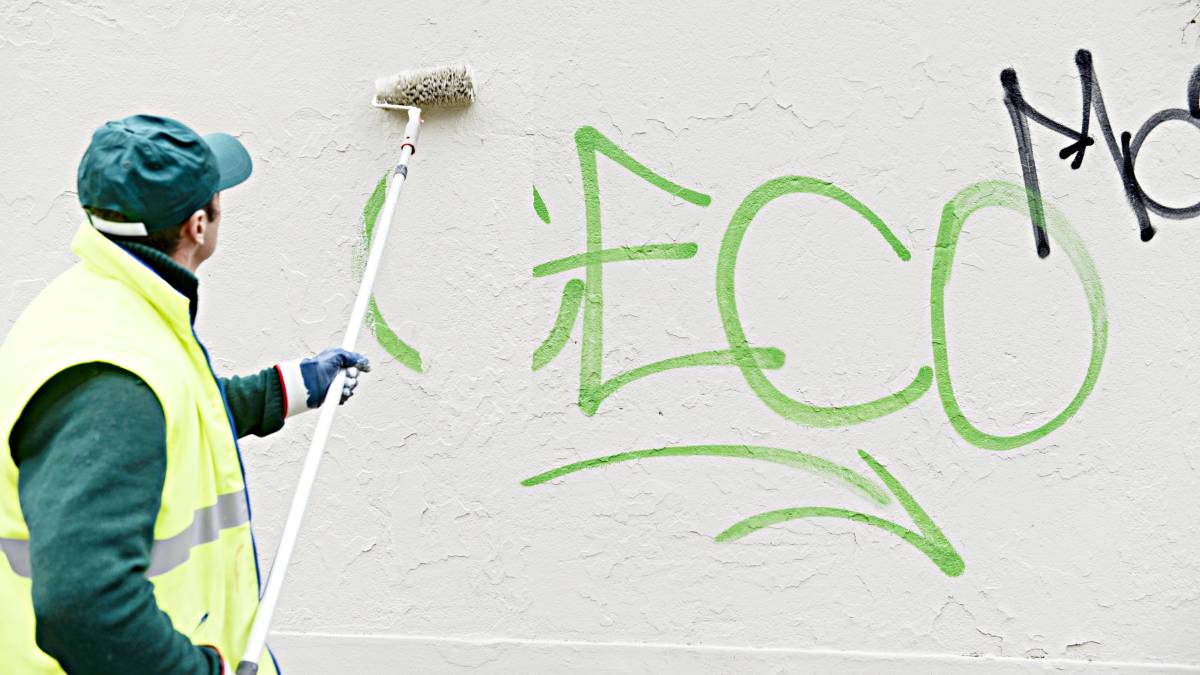- Home/
- Comparisons/
- Cleaning/
- Isopropyl Alcohol vs Ethanol
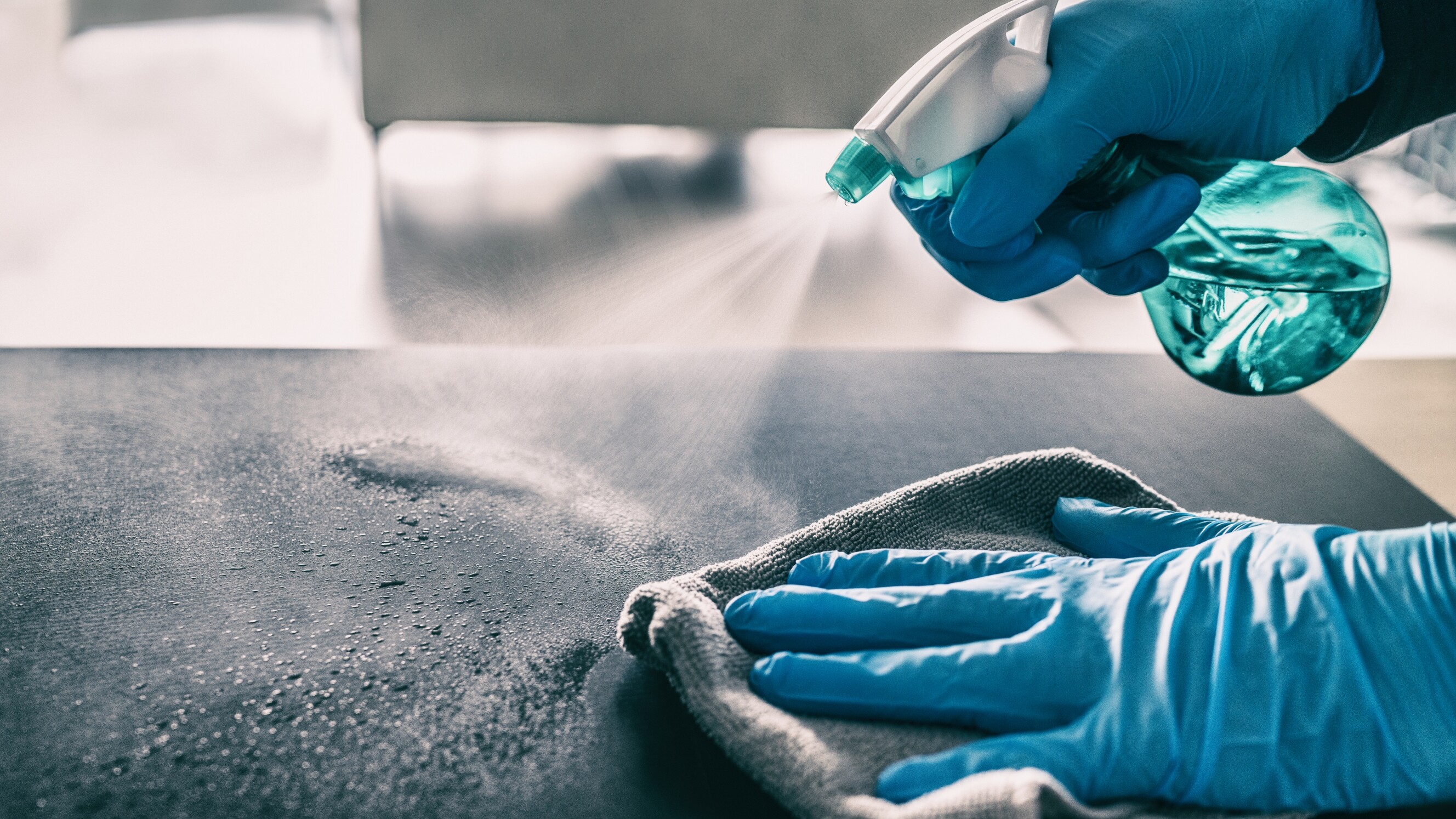
Isopropyl alcohol vs ethanol: Which is better for cleaning?
Comparing isopropyl alcohol and ethanol based on effectiveness in cleaning, disinfection, and more
Hire a cleanerLast Updated on
Key Facts
Isopropyl alcohol or isopropanol is a commonly used surface sanitiser and cleaning agent for electronics.
- Ethanol or ethyl alcohol is a potent disinfectant and a common hand sanitiser ingredient that is safe for repeated use on the skin.
We all want a clean home that serves as a safe space from the outside world. But keeping everyone safe from illness takes an extra mindful step.
In this guide, we’ll take a closer look at isopropyl alcohol vs ethanol, their differences, and the similarities that make one of the two perfect for household cleaning needs!
What is an isopropyl alcohol?
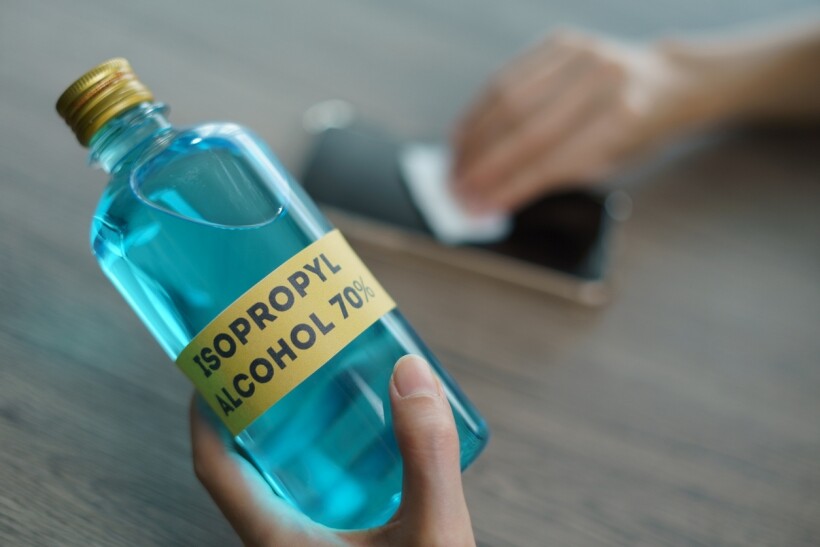
Isopropyl alcohol (also commonly known as rubbing alcohol) is used as a disinfectant and sanitising agent, from hospital settings down to the walls of your own home. It’s also a key ingredient in daily household essentials like hand sanitisers, lotions, and cleaning products.
Another official chemical term for isopropyl alcohol is isopropanol. Its formula or chemical composition is C3H8OH, with a molecular weight of 60.1g/mol.
What is ethanol?
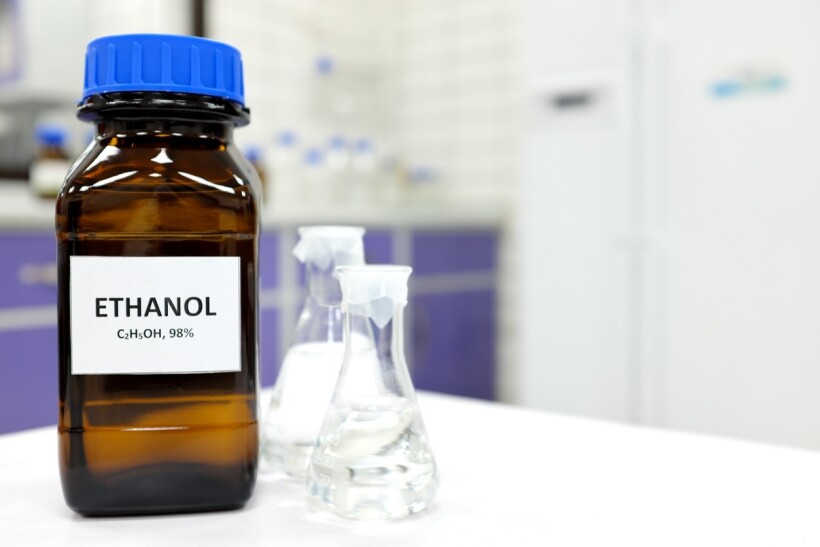
Ethanol, also known as ethyl alcohol, is another readily available sanitiser that can be found anywhere.
Like isopropyl alcohol, ethanol or ethyl alcohol is used by cleaners as a disinfectant for cleaning. It also has the nice quirk of being a natural by-product of yeast, making it an important component in drinking alcohol, strong spirits, and even fuel ethanol.
Pure ethanol has a chemical composition of C2H5OH, with its molecular weight sitting at 46.068g/mol.
Ethanol vs isopropyl alcohol: How do they differ?
Ethanol and isopropyl alcohol have particular differences that set them apart quite significantly. However, a good question for anyone looking to sanitise their home is if the differences actually matter.
Let’s now dive a little deeper into the science behind ethyl and isopropyl alcohol and discover if they’re more than just ingredients in a bottle of hand sanitiser.
In terms of chemical composition
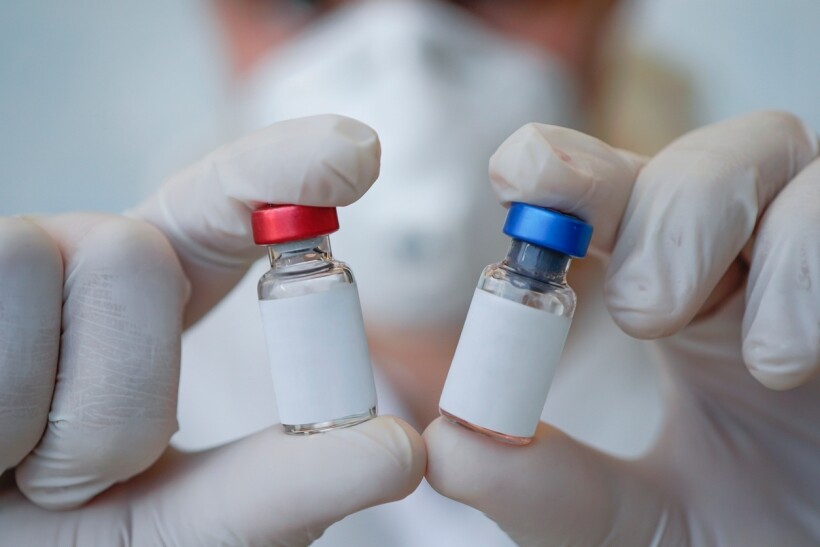
As mentioned before, isopropyl alcohol has the chemical composition of C3H8OH, whereas ethanol is C2H5OH. Among the two alcohols, isopropyl has one more atom of Carbon and three more atoms of Hydrogen. Both, however, have a hydroxyl (OH) group, thus why we know them as ‘alcohols’.
The boiling point of ethanol is 78°C while isopropyl alcohol boils at 82°C. The temperature difference isn’t much, but isopropyl is more easily combustible than ethanol.
In terms of their effectiveness in cleaning and disinfection
The critical indicators of ethyl alcohol and rubbing alcohol’s effectiveness in cleaning and disinfection are the variety of germs they can kill and how well they can do it. It is common to create aqueous solutions for cleaning with alcohol. Simply put, this is a water mixture using alcohol and pure water.
Isopropyl alcohol and ethanol are effective in disinfecting surfaces. As detailed in a medical study, both alcohols eliminated germs by more than 92% and prevented their regrowth.
In another relevant study comparing ethanol and isopropyl alcohol, both were capable of sanitising hard surfaces after COVID — an important feature after recent events. However, the study stresses the importance of an alcohol concentration of 62 to 80%.
Ultimately, ethanol edges out isopropyl alcohol in effectiveness. According to the WHO, ethyl alcohol or ethanol at 70% concentration is more effective than isopropyl alcohol as it can kill a broader range of viruses, bacteria, and other germs.
In terms of cleaning application
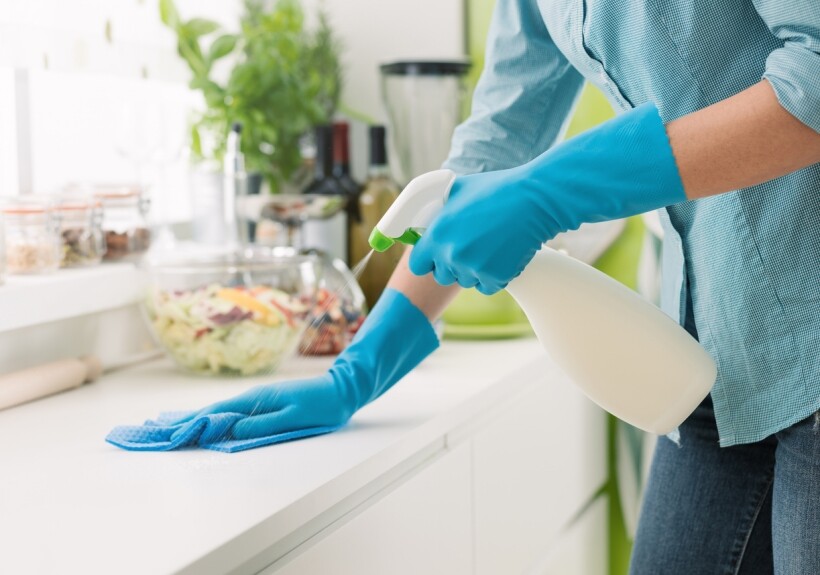 Ethanol and isopropyl alcohol are good cleaning agents and can even disinfect many areas in your home, such as granite or quartz worktops and metallic or chrome surfaces.
Ethanol and isopropyl alcohol are good cleaning agents and can even disinfect many areas in your home, such as granite or quartz worktops and metallic or chrome surfaces.
Careful cleaning using ethanol or isopropyl alcohol can also work on:
- Glass
- Mirrors
- Metallic doorknobs and handles
- Stainless steel
- Floors
- Car interiors
- Surfaces of electronics (phones, laptops)
- Jewellery
- Kitchen fixtures (for degreasing)
However, both types are known to harden, crack, and stiffen rubber products. They may also crack and discolour certain types of plastic, with isopropyl having a stronger effect.
Refrain from using alcohol to clean painted surfaces. Also, avoid cleaning varnished wood, such as furniture or kitchen fixtures, as this will strip the varnish, bleach the wood, and ultimately leave unevenly coloured spots.
In terms of safety and toxicity
As mentioned earlier, isopropyl alcohol has a higher boiling temperature than ethanol. But both are highly flammable and should not be used or placed near a fire. Avoid leaving either of the alcohols in places where high temperatures can accumulate, such as in a car. Also, refrain from leaving isopropyl and ethyl alcohols in direct sunlight.
As for your skin health, a study discovered that ethanol is more tolerated by the skin with repeated use. Isopropyl alcohol may lead to damaged and cracked skin with prolonged use.
Despite being a component of drinking spirits, the amount of ethanol in cleaning products can be hazardous to your health. On the other hand, human consumption of isopropyl alcohol is fatal, even in small amounts.
In terms of purity
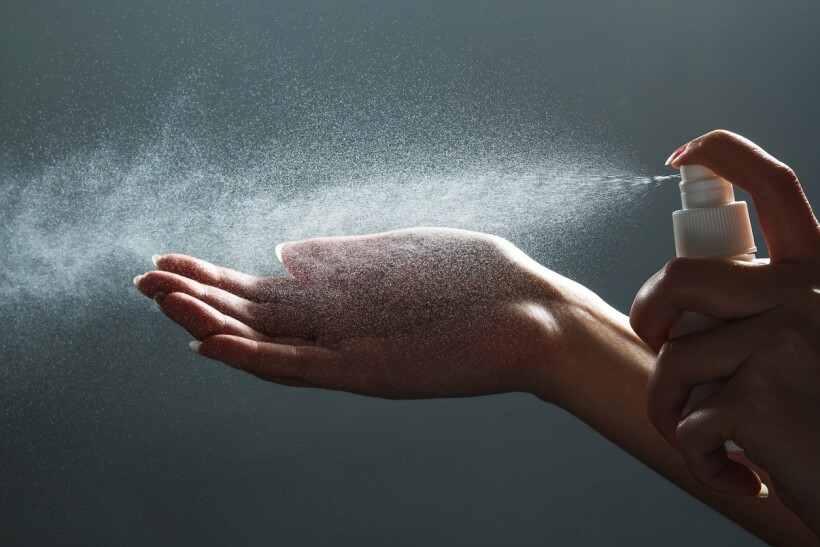 Isopropyl alcohol and ethanol are effective at killing various microbes, including the coronavirus. However, as mentioned, both alcohols must be in concentrations or purity of at least 62 to 80%.
Isopropyl alcohol and ethanol are effective at killing various microbes, including the coronavirus. However, as mentioned, both alcohols must be in concentrations or purity of at least 62 to 80%.
A key takeaway is that the WHO recommends ethanol at 70% concentration more than isopropyl alcohol for sanitising germs thanks to its wide germicidal ability.
Some cases do exist where isopropyl alcohol is more potent, but those are for more specialised situations.
In terms of solvency
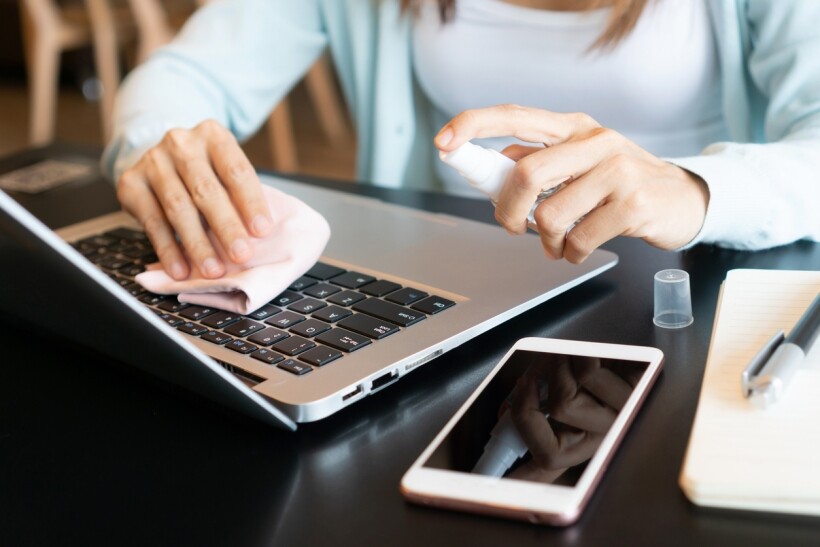
Both alcohol types are organic solvents, but isopropyl alcohol is less polar due to its chemical composition. This makes it more effective in cleaning electronics and dissolving oils and adhesives.
Meanwhile, ethanol is considered one of the best organic solvents and has higher polarity. It does retain water, which is dangerous for electronics. A higher concentration of lab-grade ethanol would be needed for cleaning electronics, but it would be more expensive than regular isopropyl alcohol.
Get expert cleaning and disinfection with Airtasker
While the debate between isopropyl alcohol and ethanol rages on, why not leave the choice to the experts? With Airtasker, you can connect with cleaners near you who know exactly which cleaning products to use for the task at hand.
Whether you’re disinfecting surfaces or sanitising your home, Taskers can handle it for you. Post a task today and discover a hassle-free solution to all your cleaning needs without the stress!
Isopropyl alcohol vs ethanol
| Isopropyl Alcohol |
Ethanol |
|
| Chemical Composition |
Has a higher boiling point at 82°C and is more combustible |
Lower boiling point at 78°C |
| Effectiveness in Cleaning and Disinfection |
Effective disinfectant, optimal at 62–80% concentration |
Effective against viruses and other bacteria at 70% concentration |
| Cleaning Application |
Harsher on sensitive materials like plastic or rubber |
Suitable for most surfaces, less harsh than isopropyl |
| Safety and Toxicity |
Lethal if consumed even in low quantities |
Toxic if consumed in large quantities |
| Purity |
More potent in specialised applications |
Has a broader germicidal ability |
| Solvency |
Low polarity, suitable for gadgets and electronics |
High polarity, retains water |
FAQs on ethanol vs isopropyl alcohol
There is no difference between isopropyl vs isopropanol. Rather, isopropanol is just the proper or chemical name for isopropyl alcohol.
Yes, both are the broad terms used for both ethanol and isopropyl alcohol.
Ethyl alcohol or ethanol is a good substitute for isopropyl alcohol for cleaning. However, isopropyl alcohol is a key ingredient in many cleaning products, so you may actually have isopropyl alcohol, but it should be in a different name and concentration.
Find cleaners, fast
Post a task
Related articles
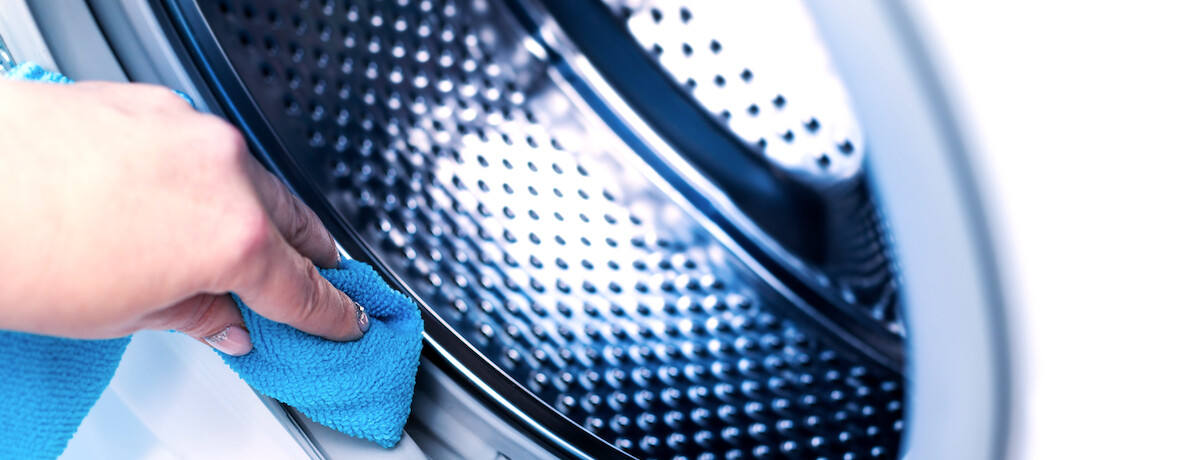
How to best clean a washing machine
Read more
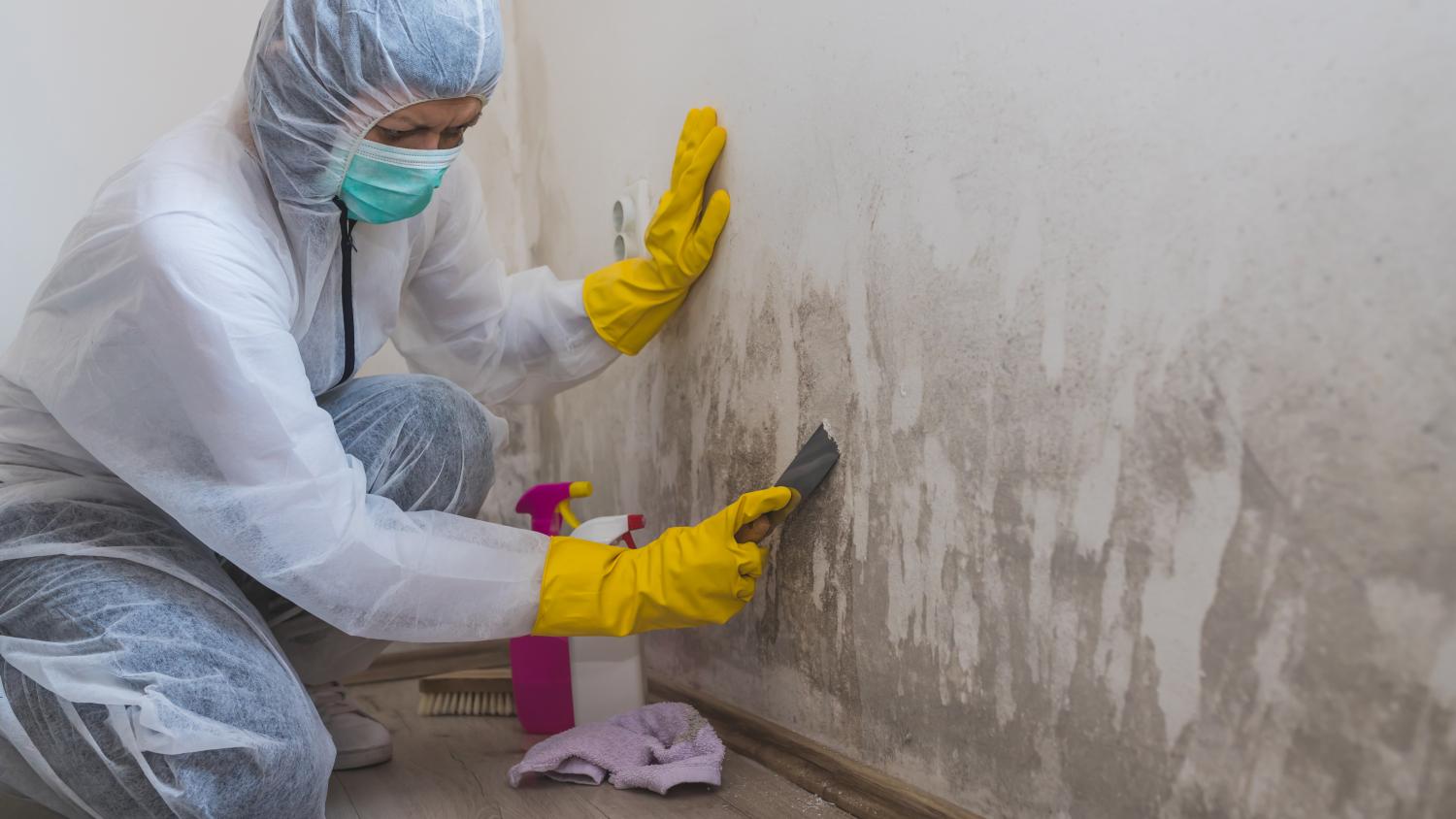
How to get rid of mould at home
Read more
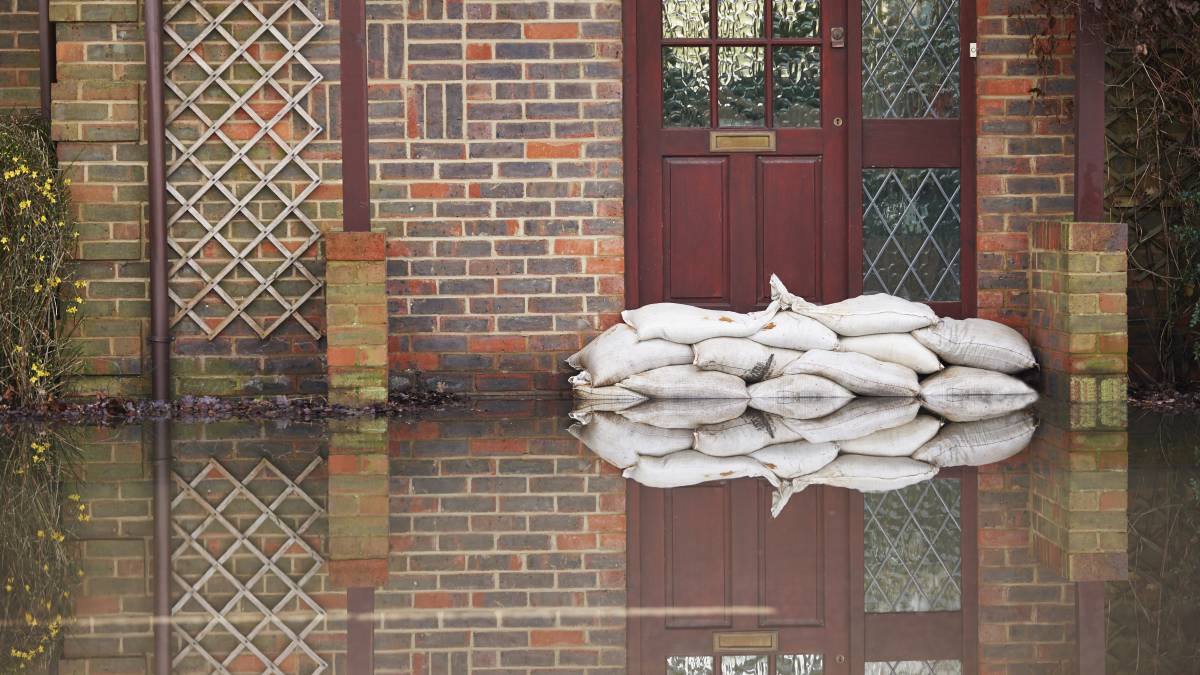
How to clean your home after a flood
Read more
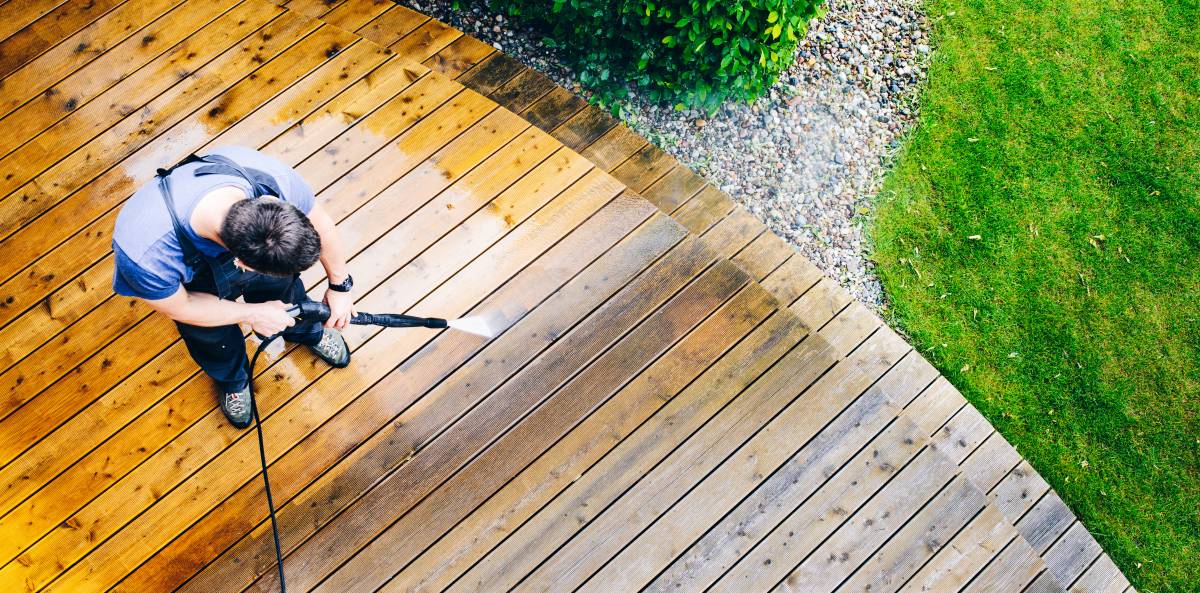
How to price pressure washing jobs
Read more
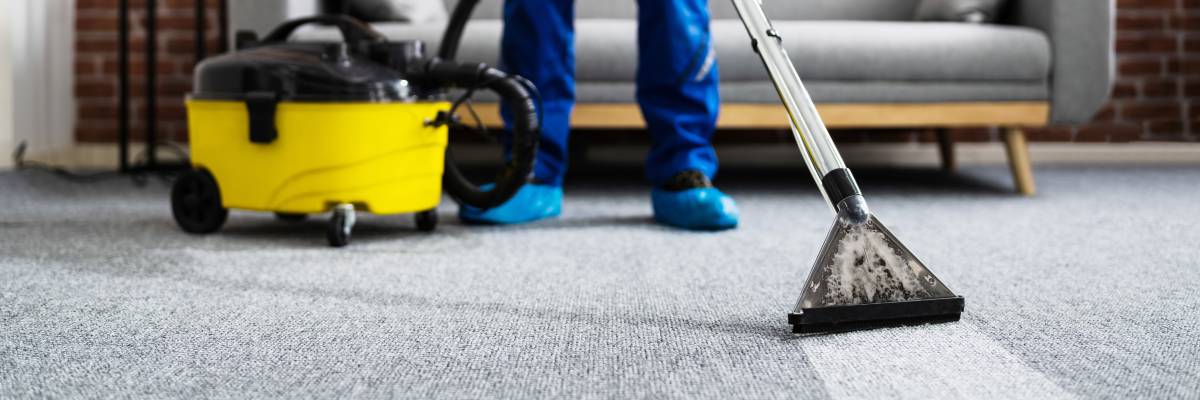
How to become a housekeeper
Read more
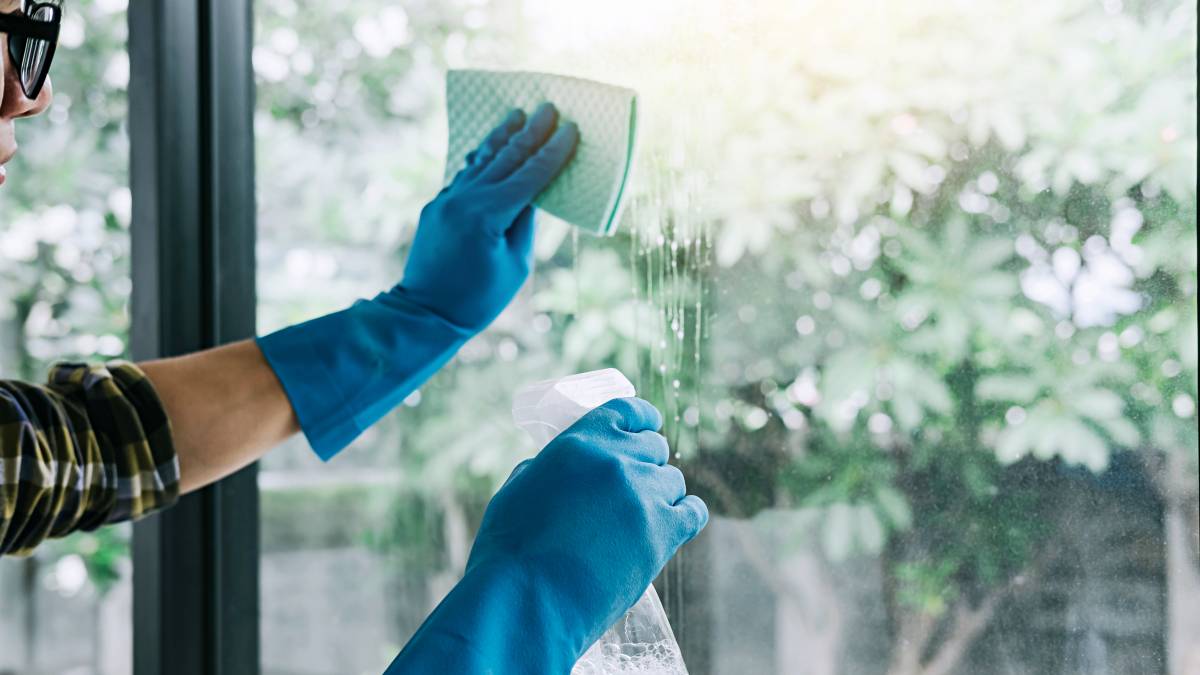
How to price cleaning jobs
Read more

How to get a cleaning certificate
Read more
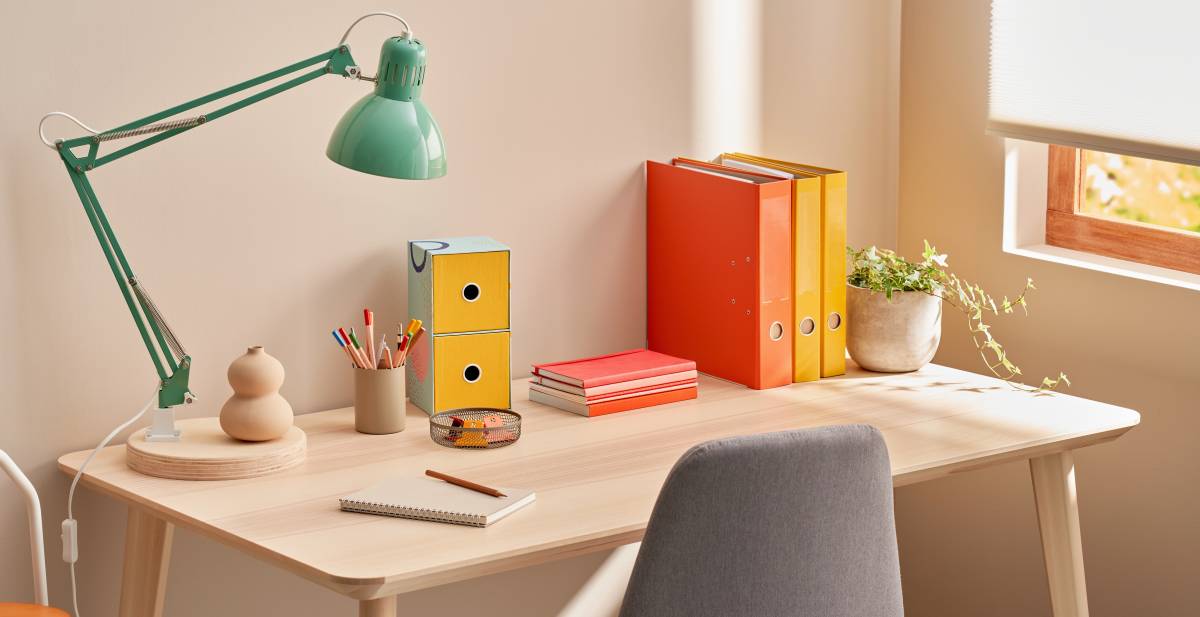
How to keep dust off your desk
Read more
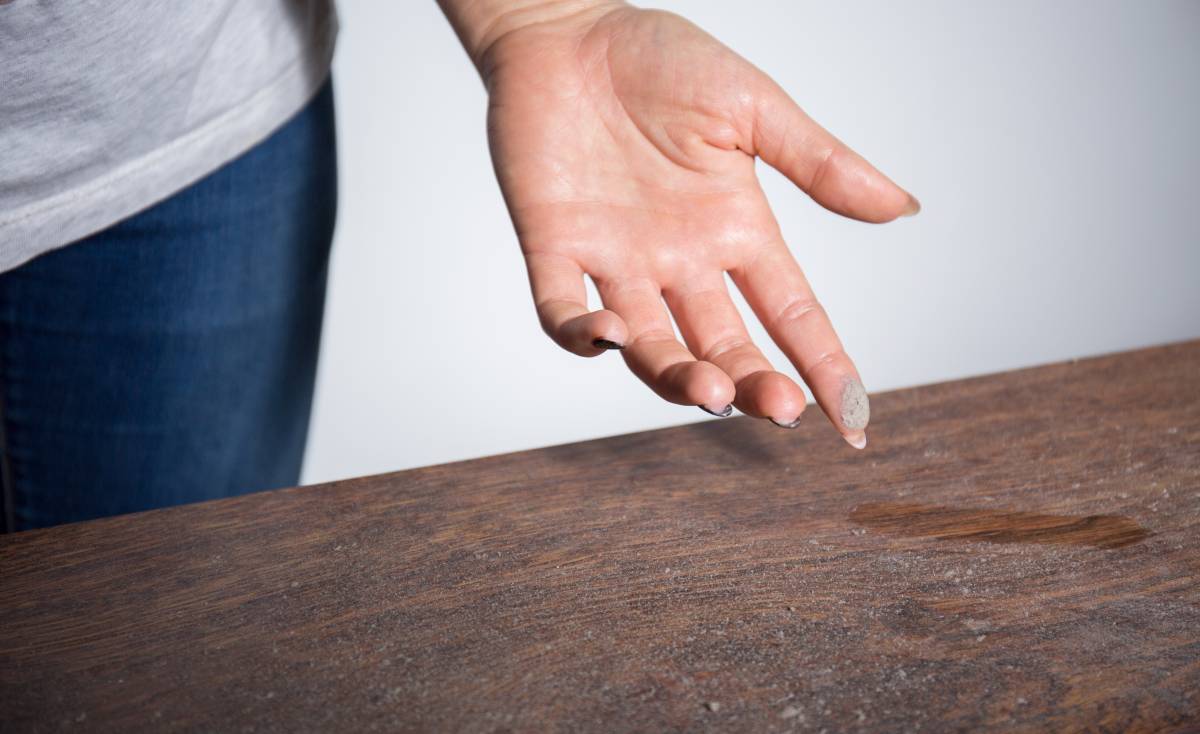
How to get rid of dust in your home
Read more
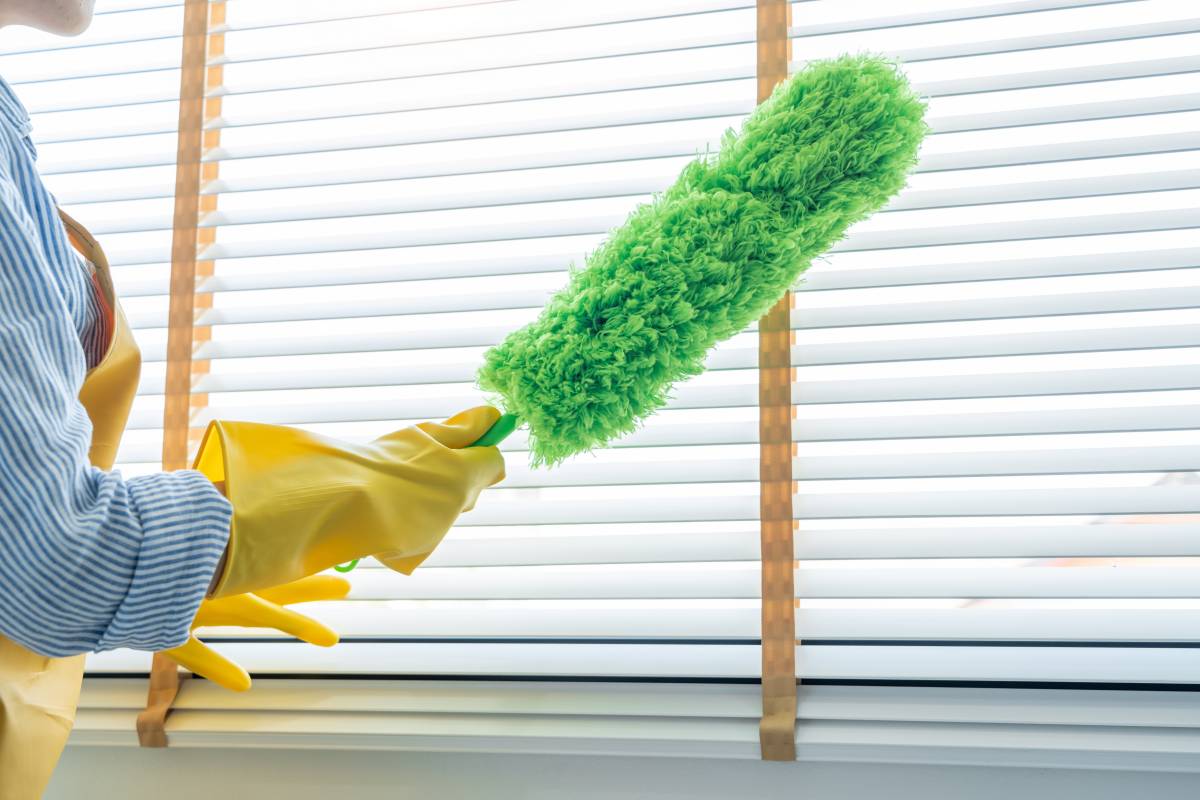
How to clean a duster
Read more
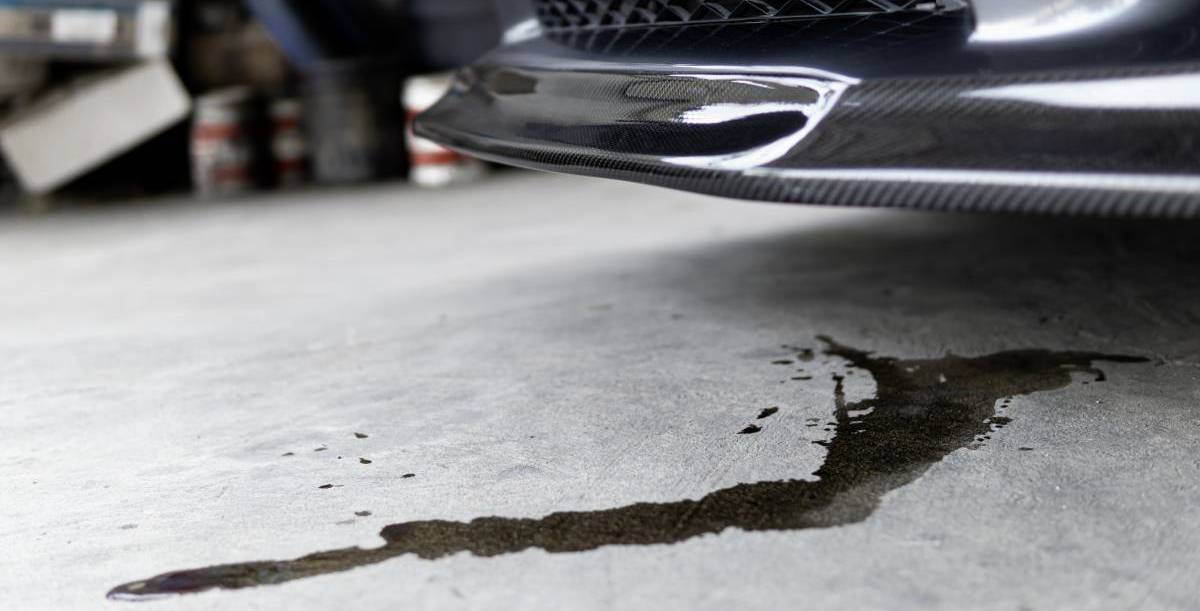
How to clean a garage floor
Read more
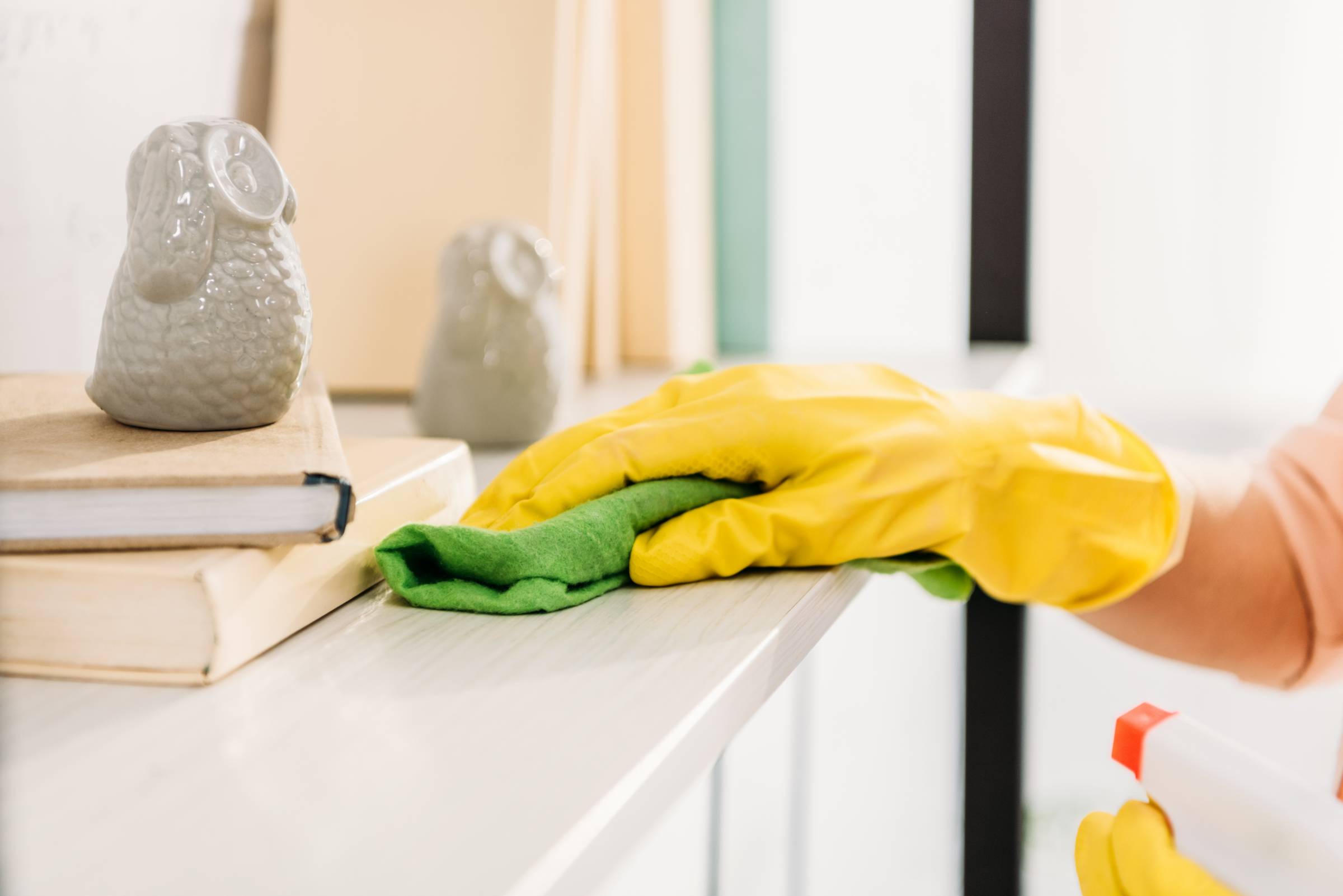
The ultimate spring cleaning checklist
Read more
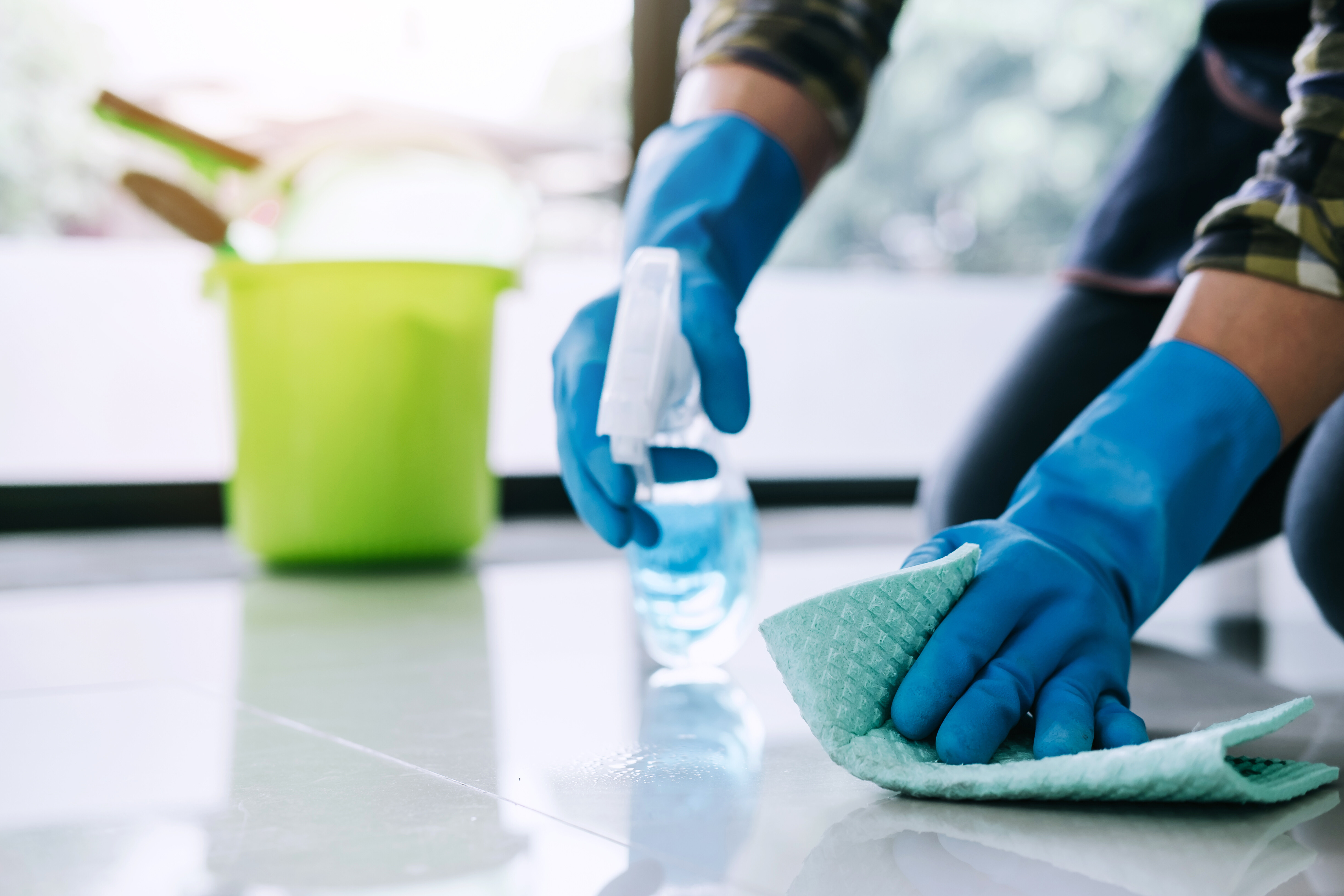
End of lease cleaning checklist
Read more
Related price pages
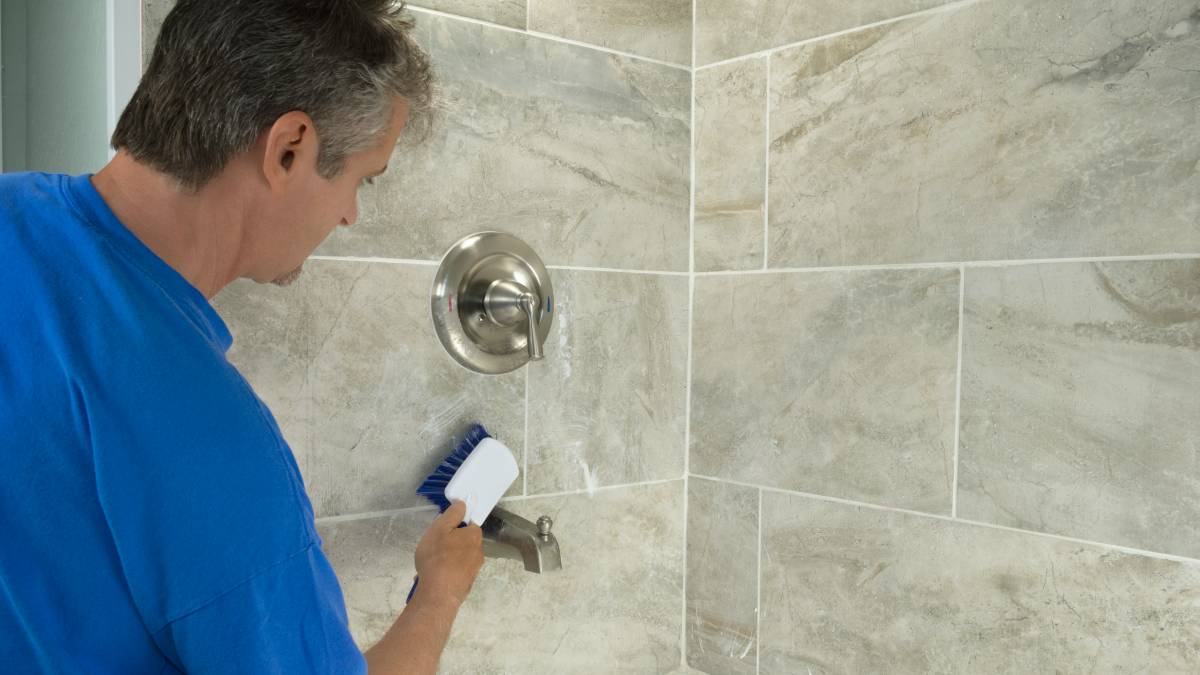
How much does tile cleaning cost?
Read more
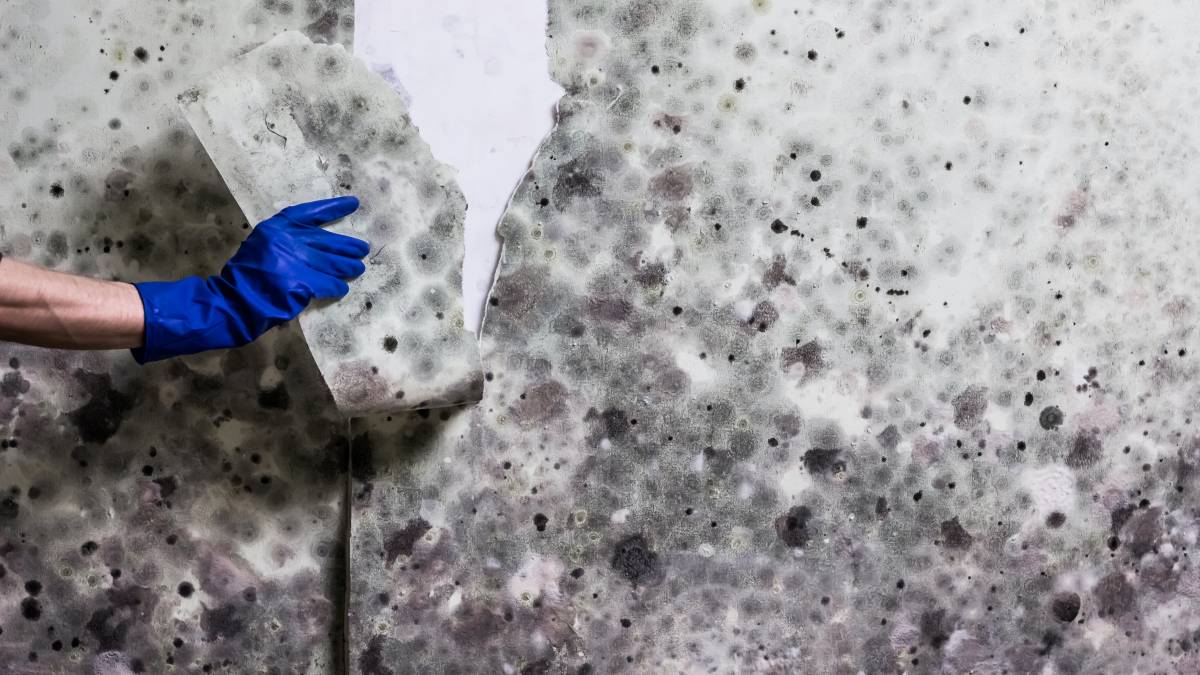
How much does mould removal cost?
Read more
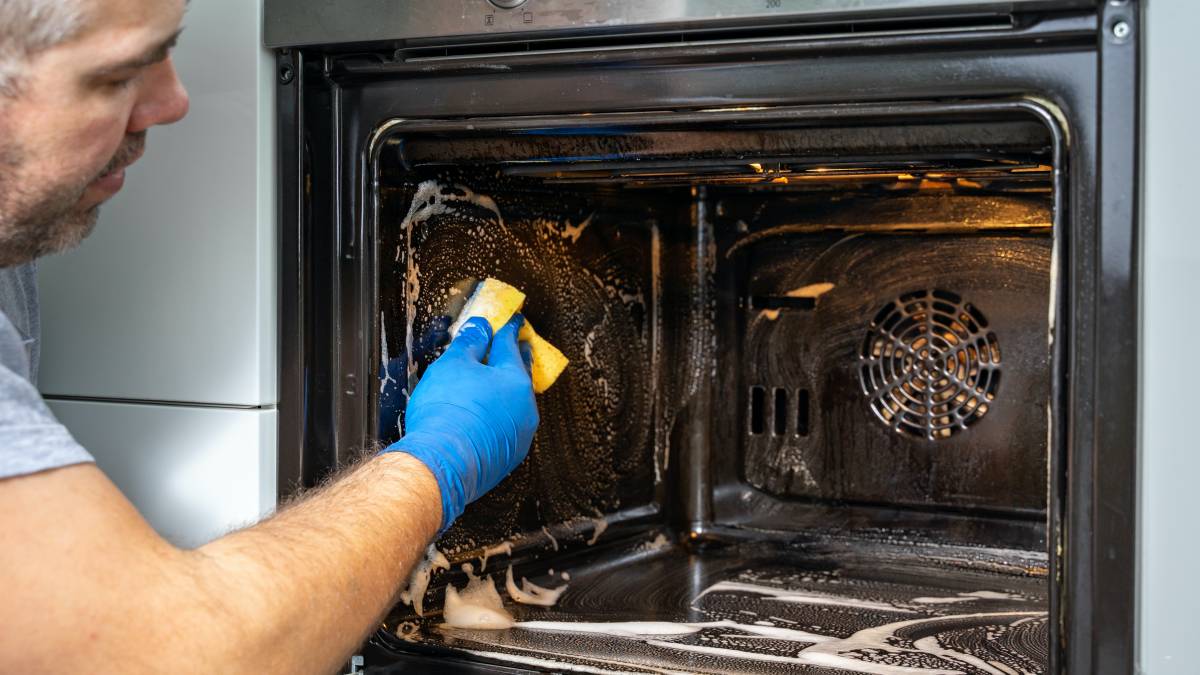
How much does oven cleaning cost?
Read more
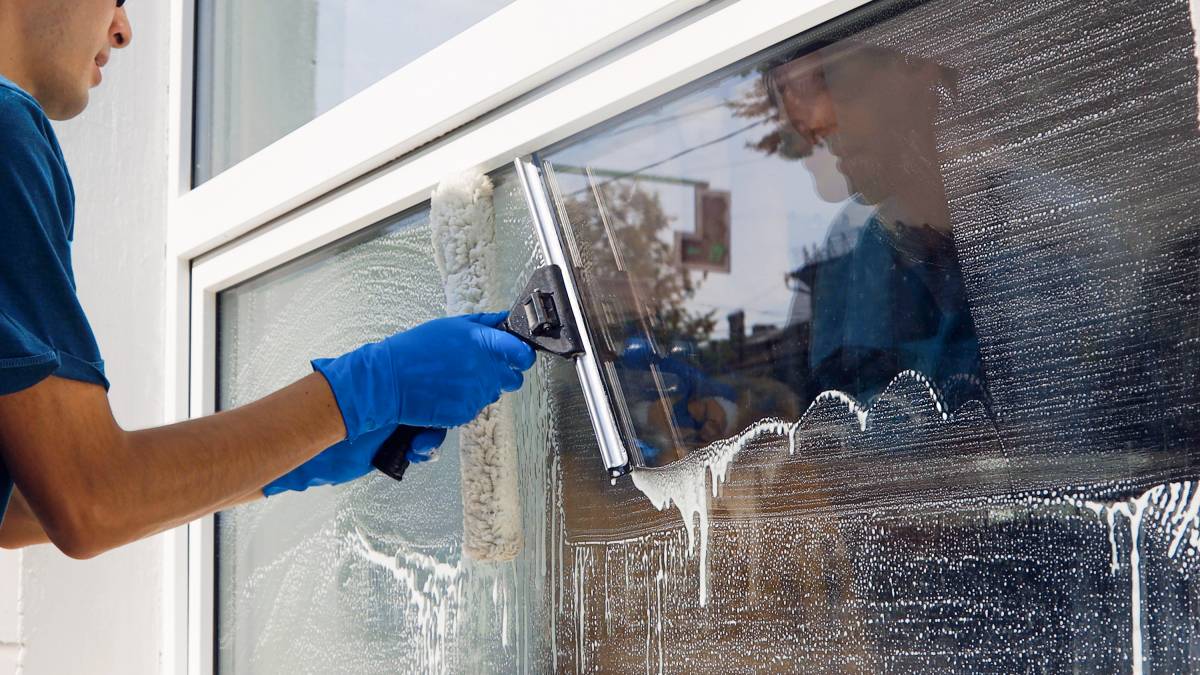
How much does a cleaner cost?
Read more

How much does office cleaning cost?
Read more
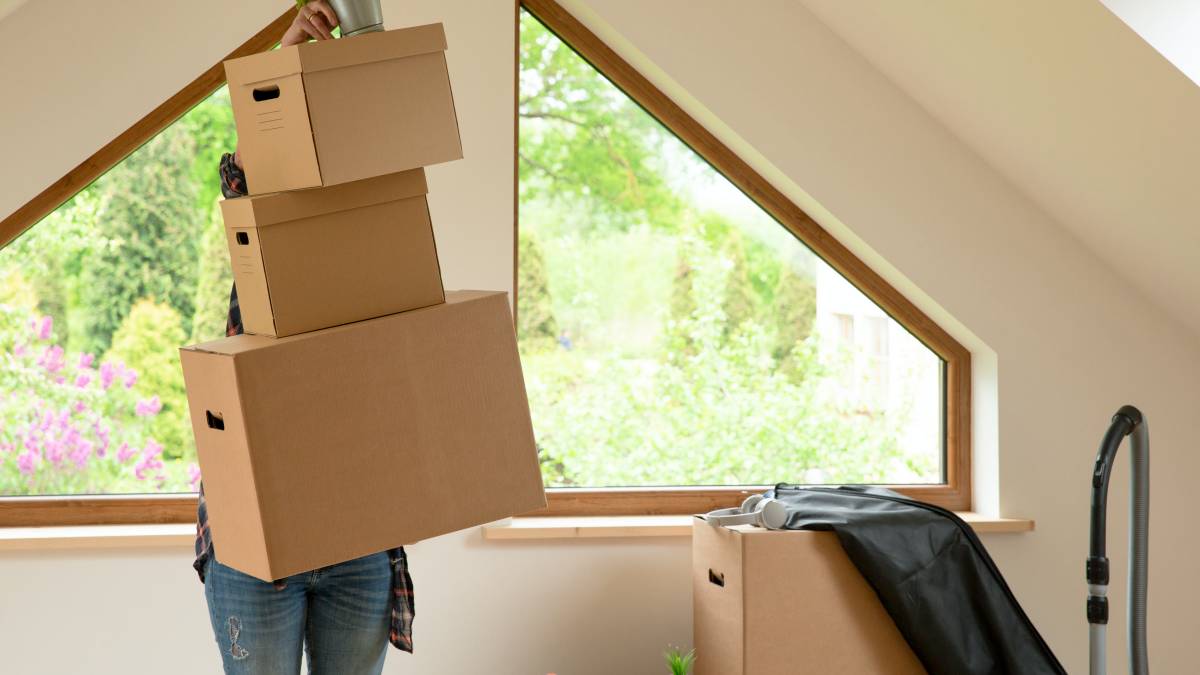
How much does attic cleaning cost?
Read more
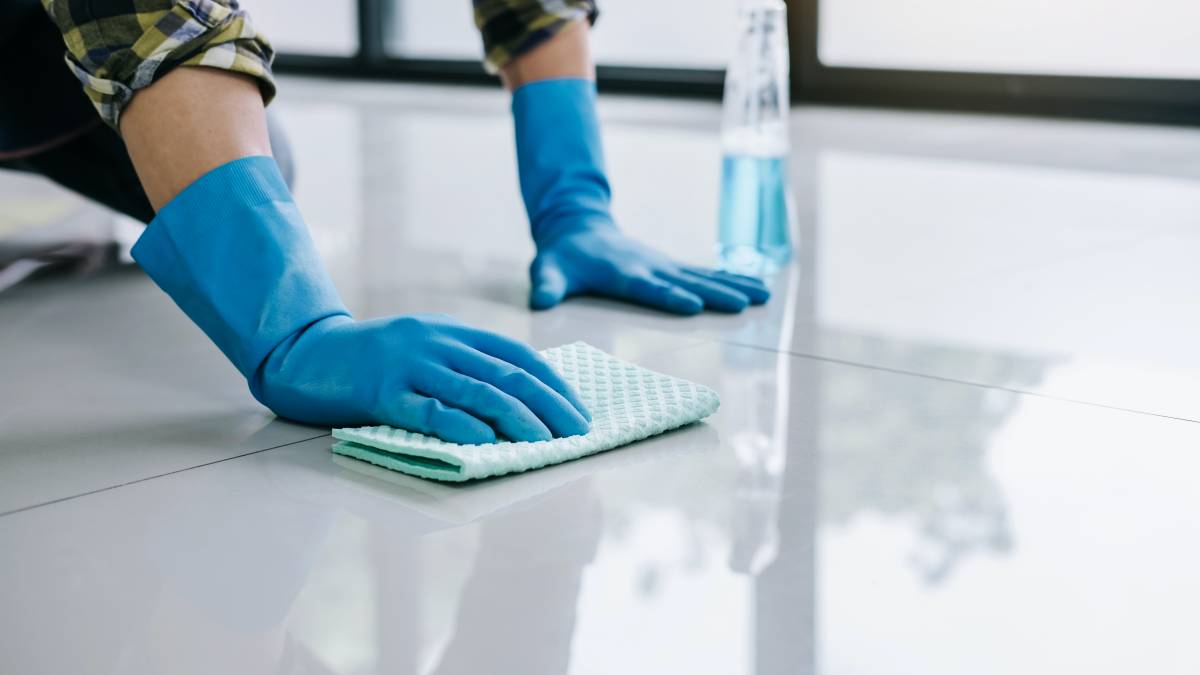
How much does floor cleaning cost?
Read more
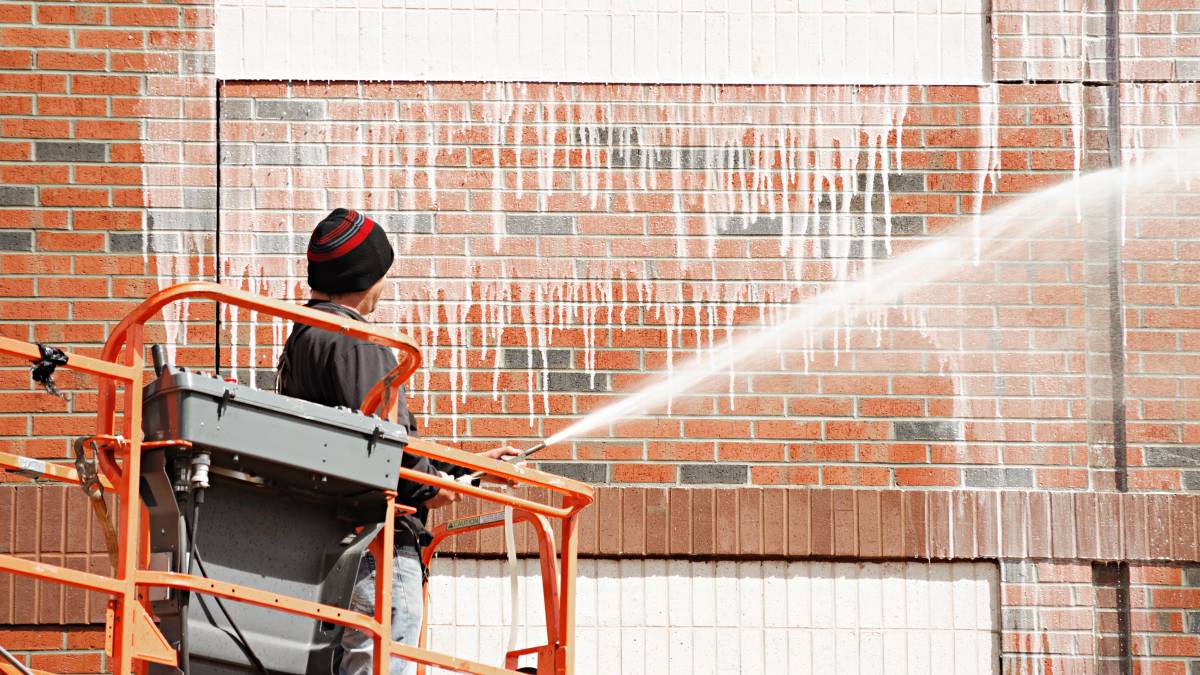
How much does brick cleaning cost?
Read more
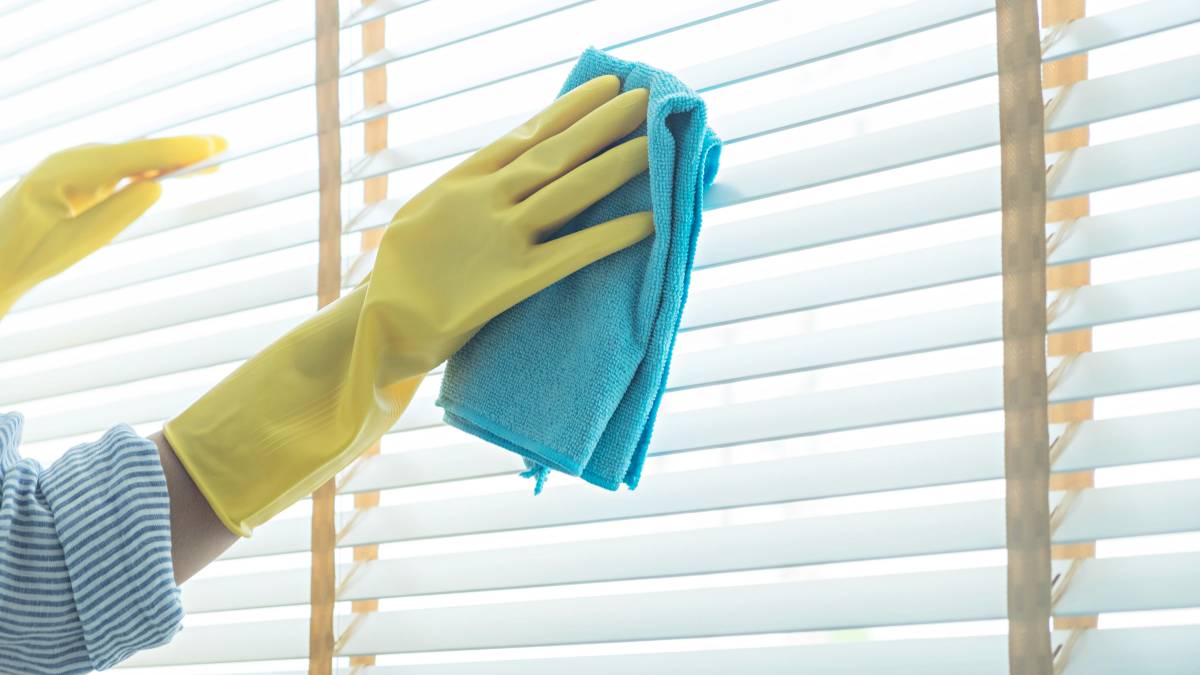
How much does blind cleaning cost?
Read more
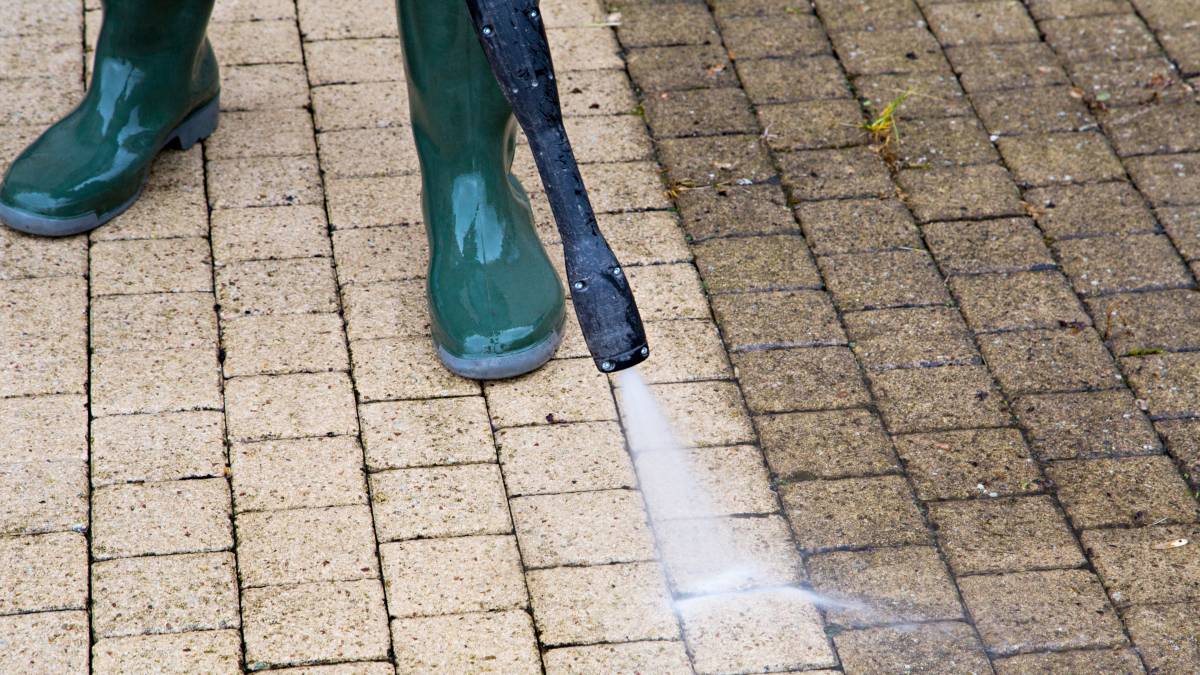
Pressure washing prices in Australia
Read more
